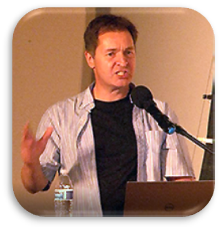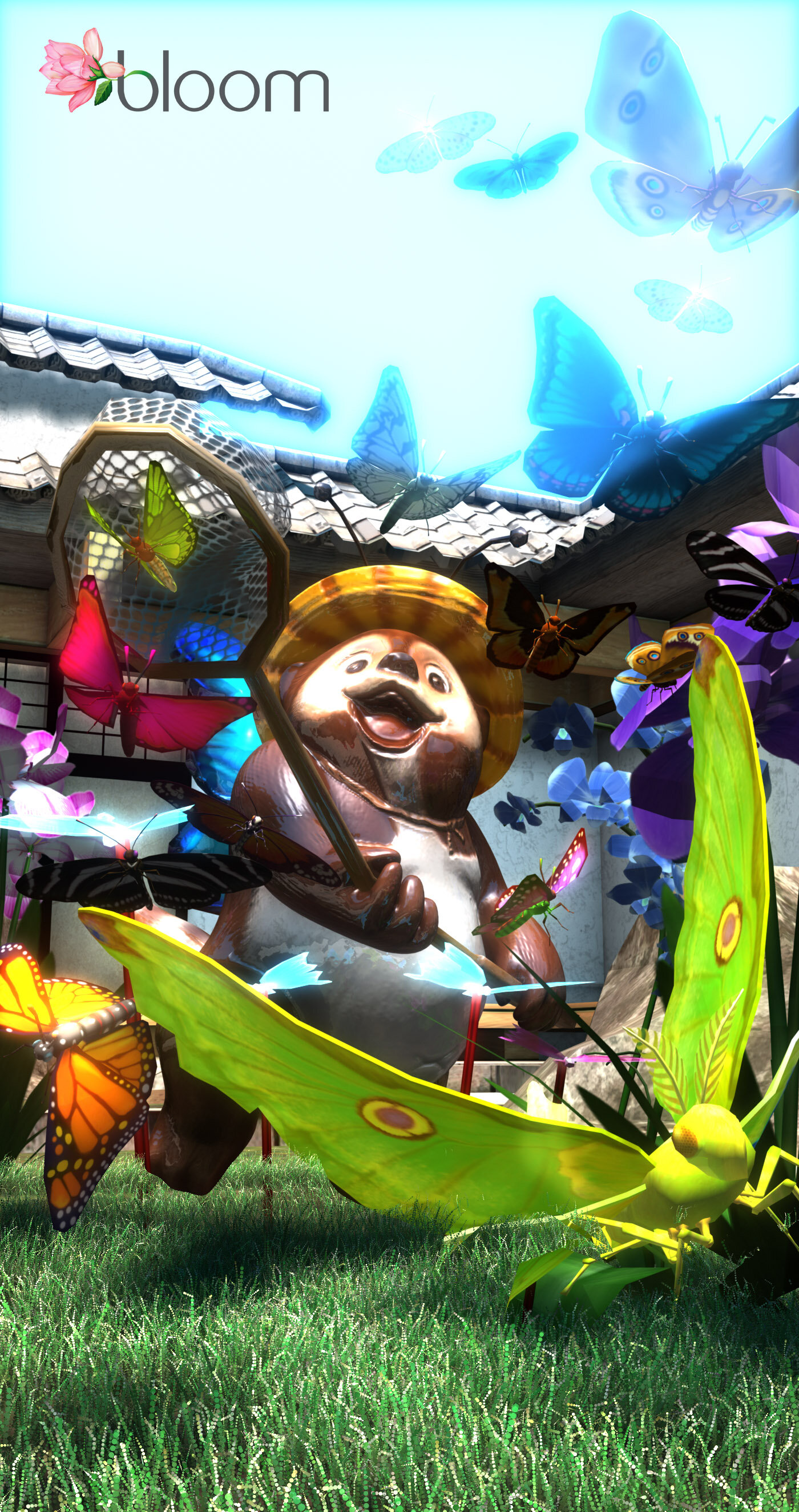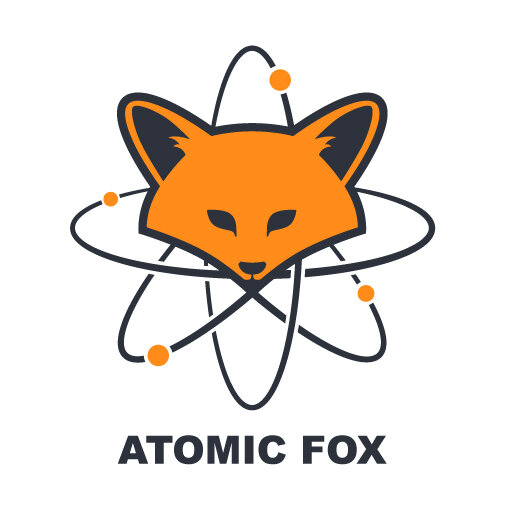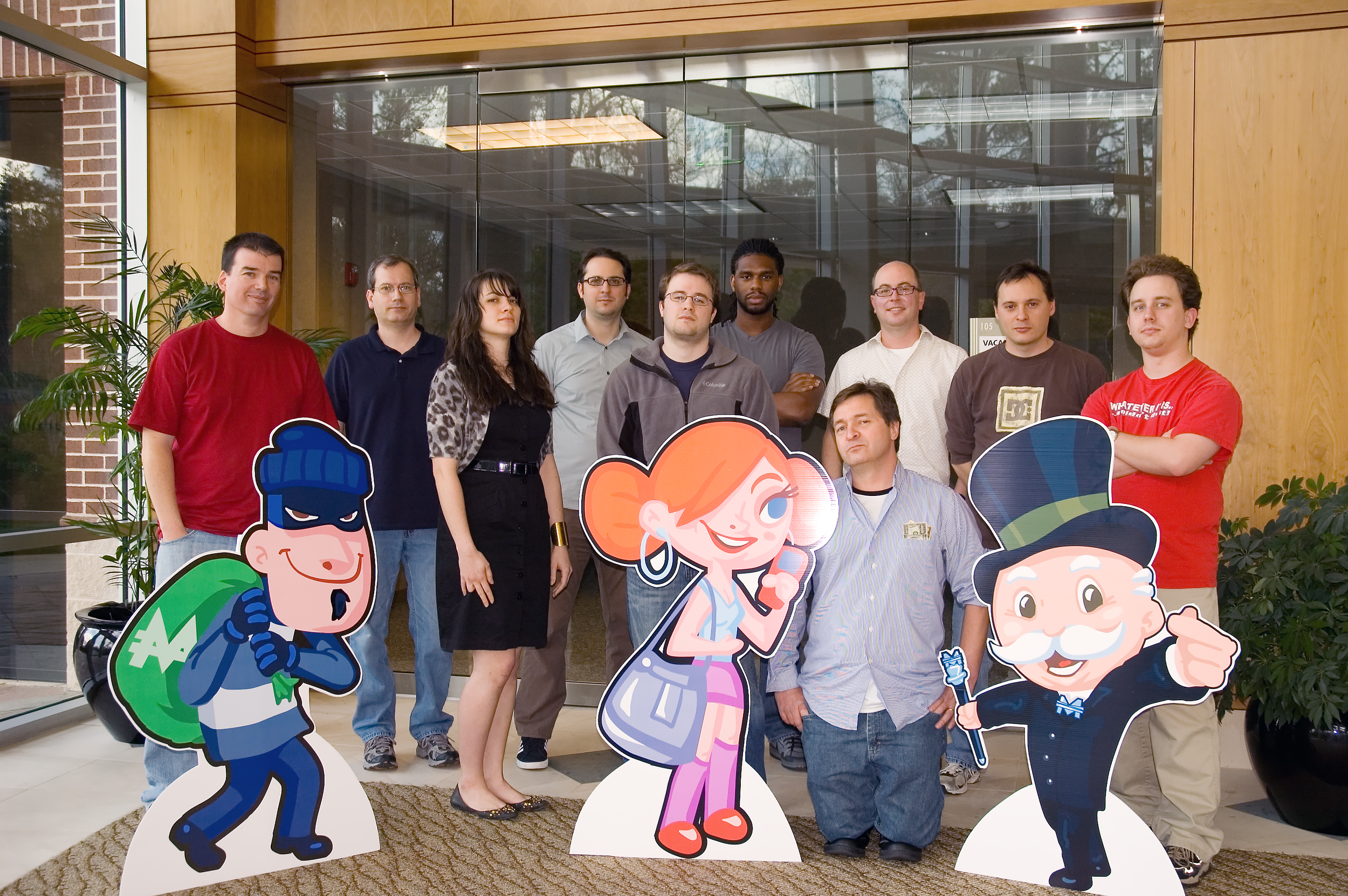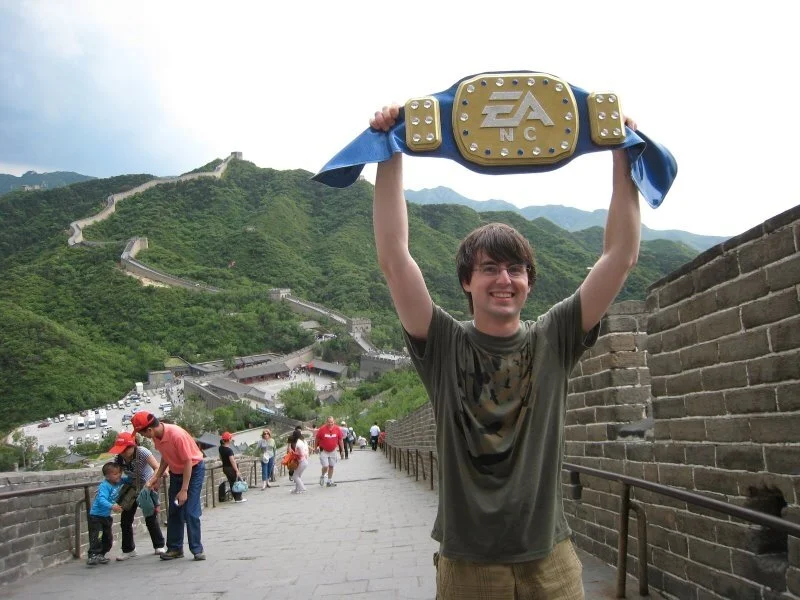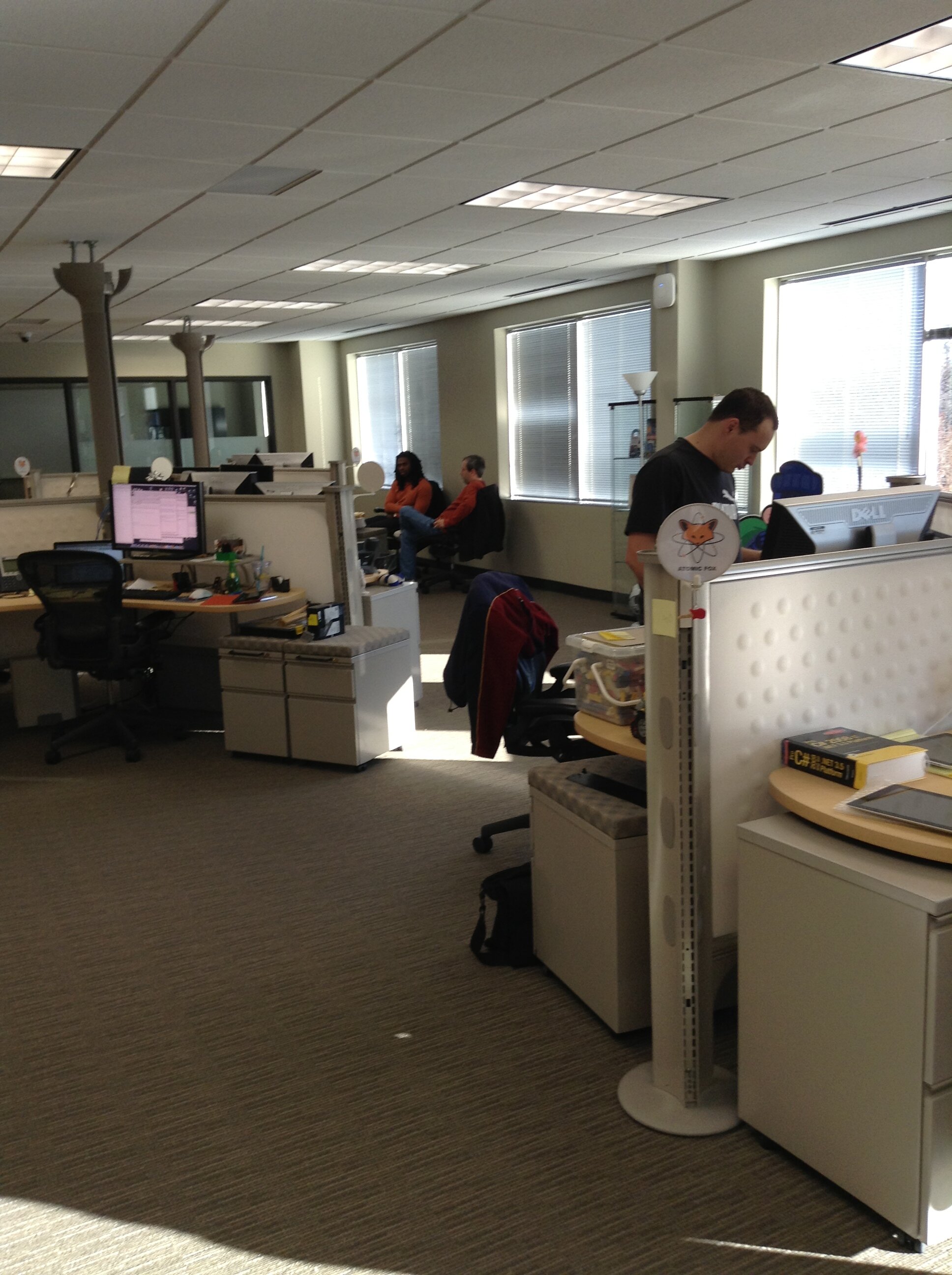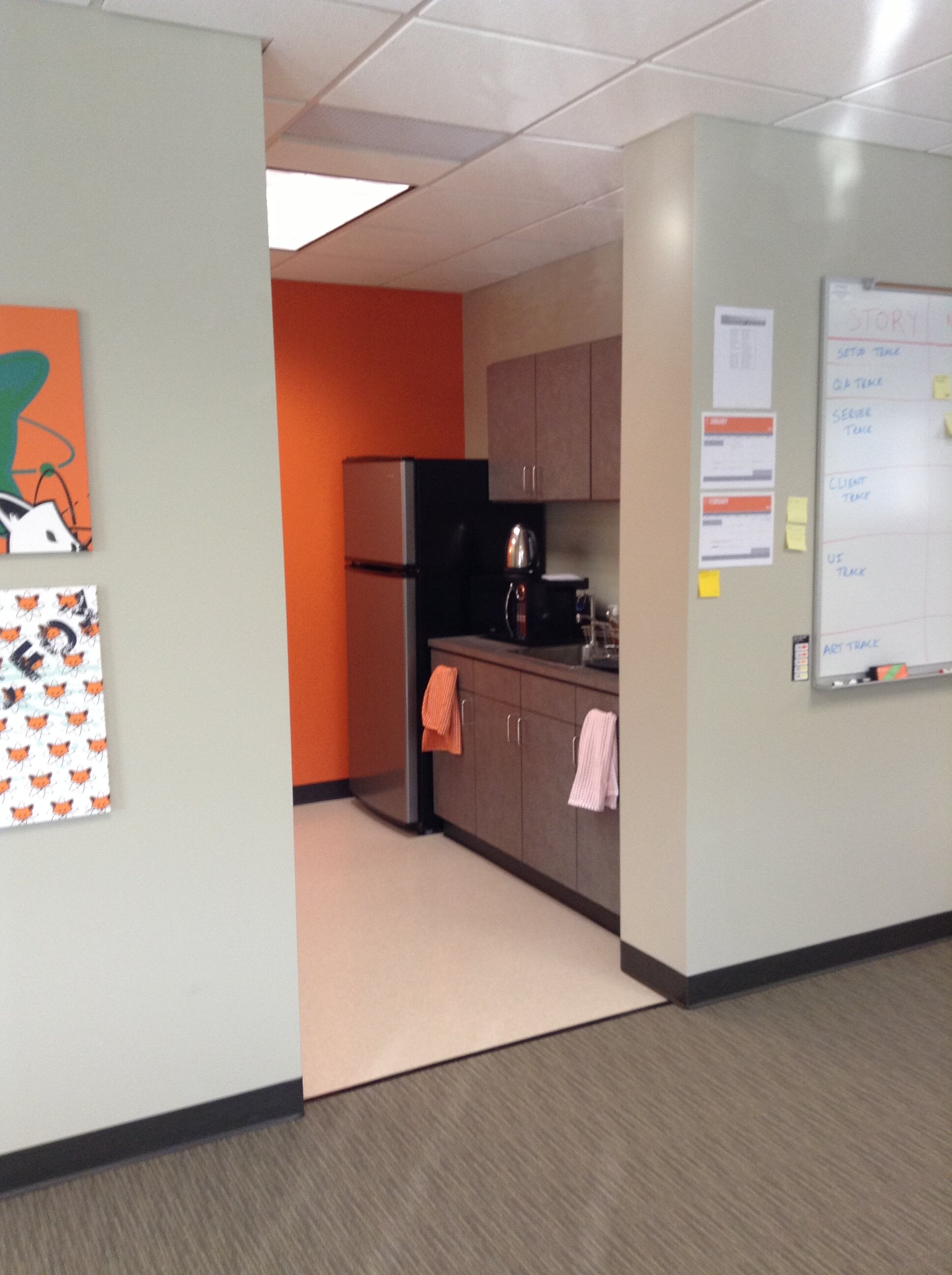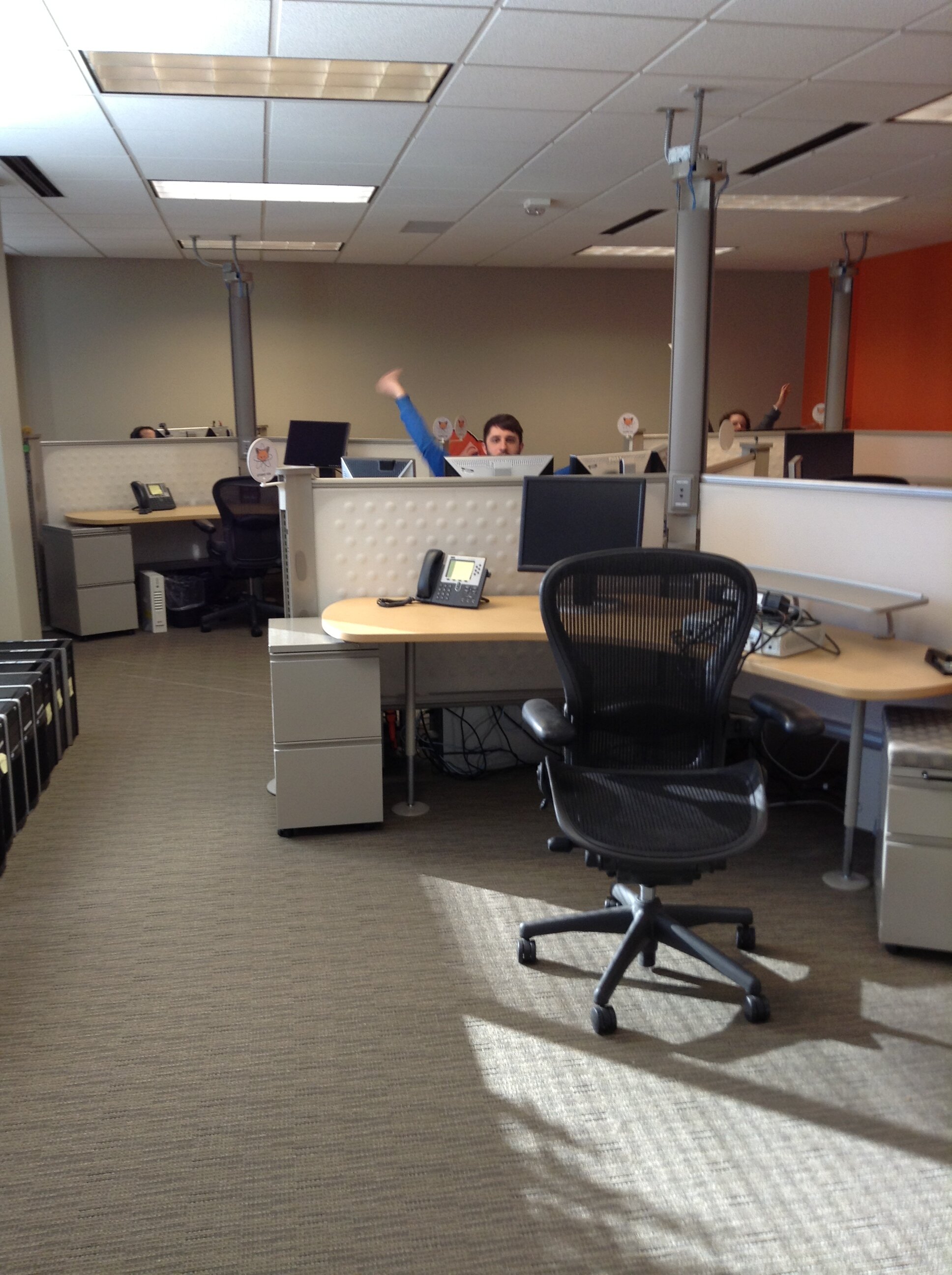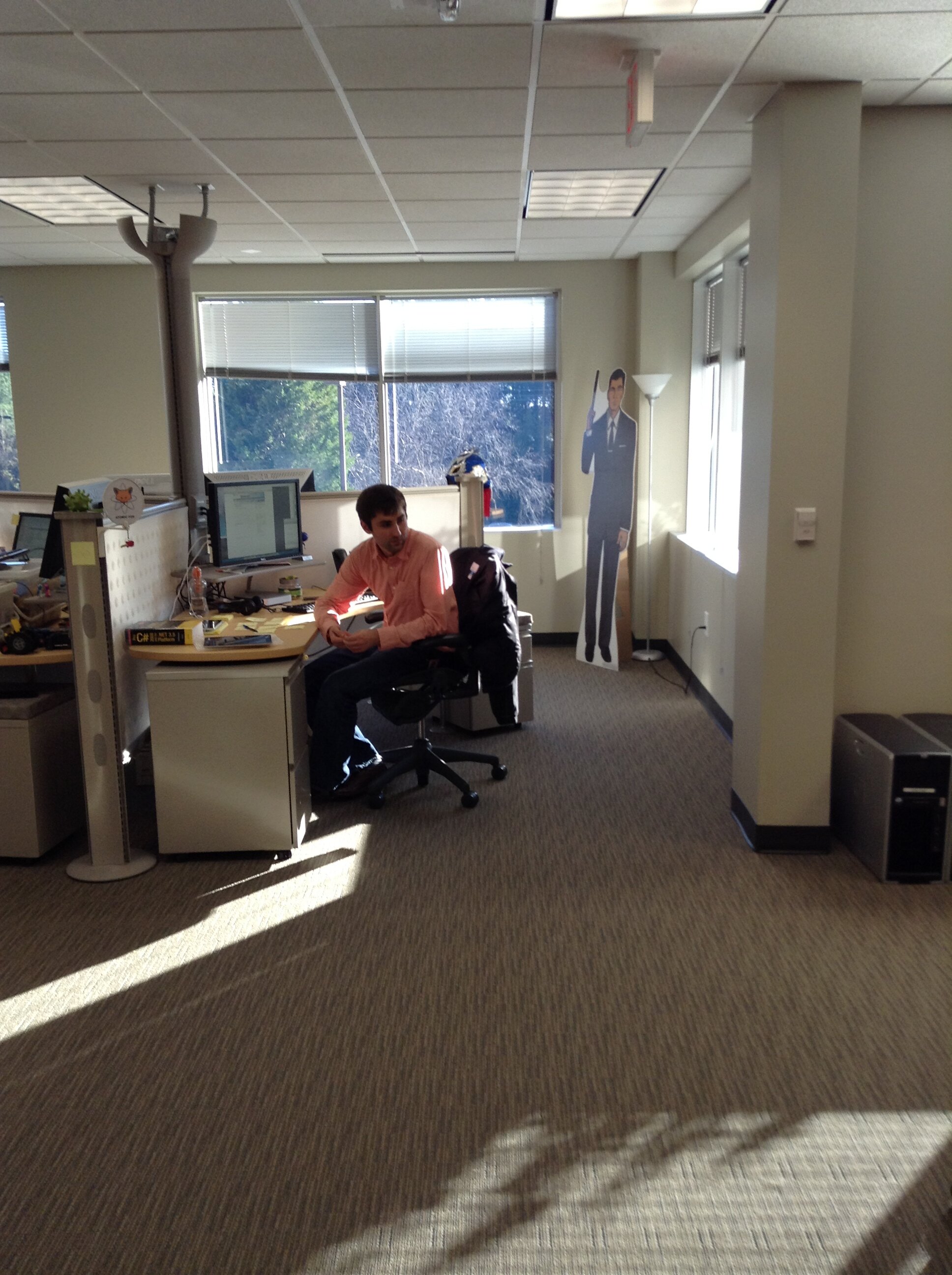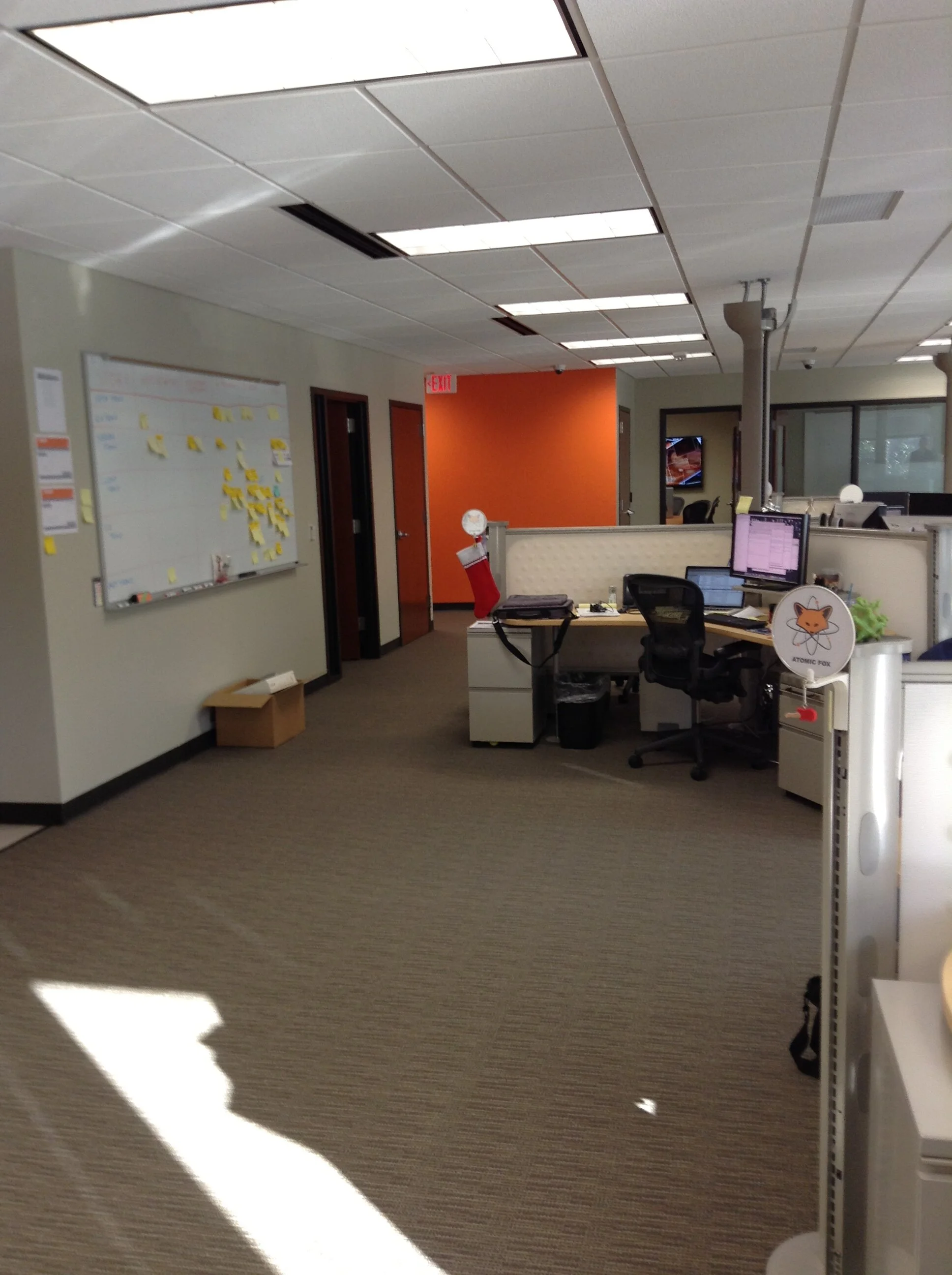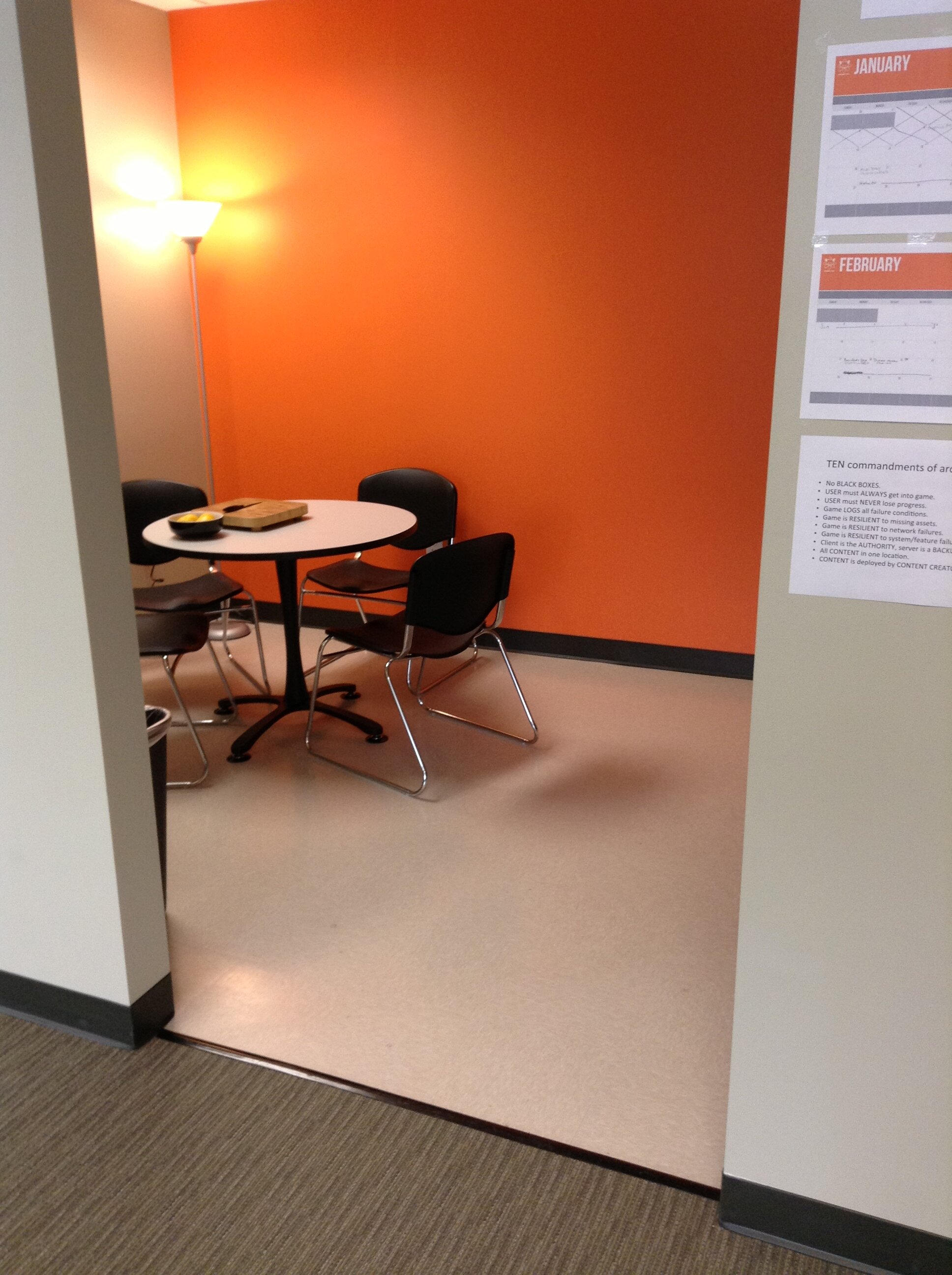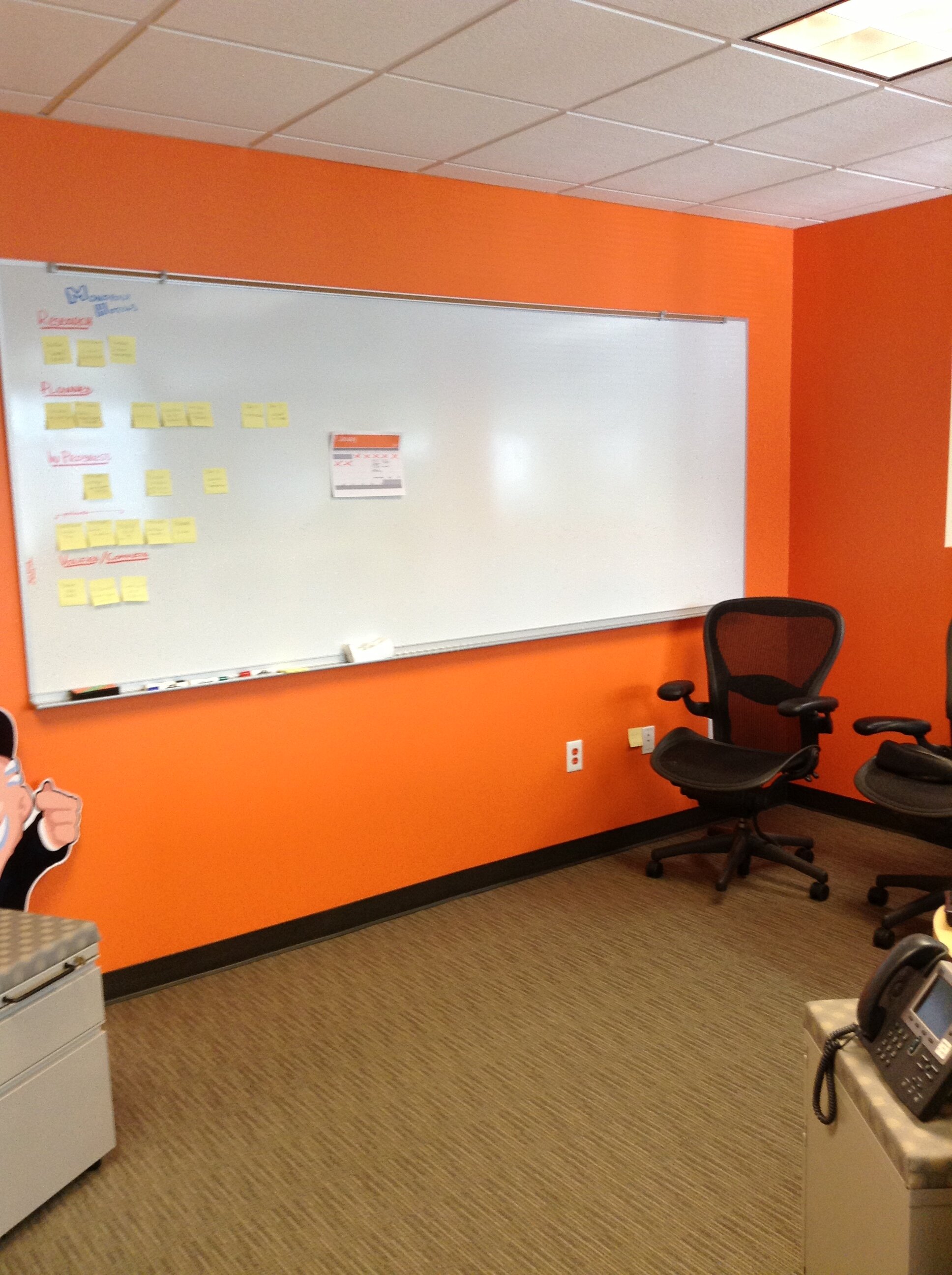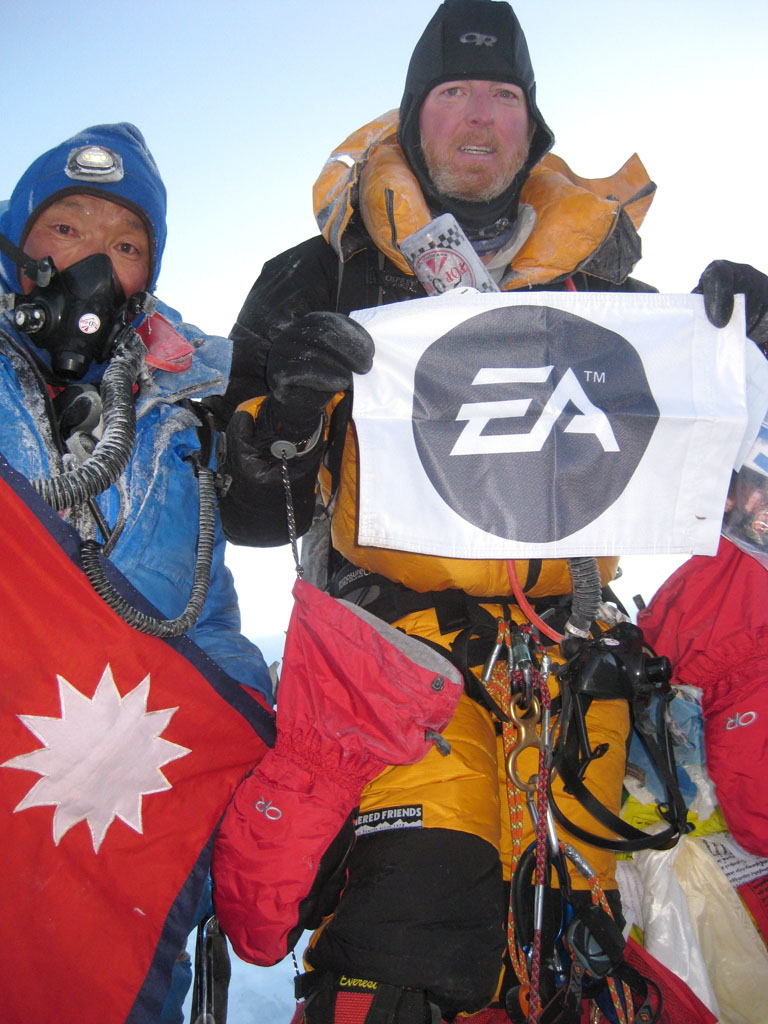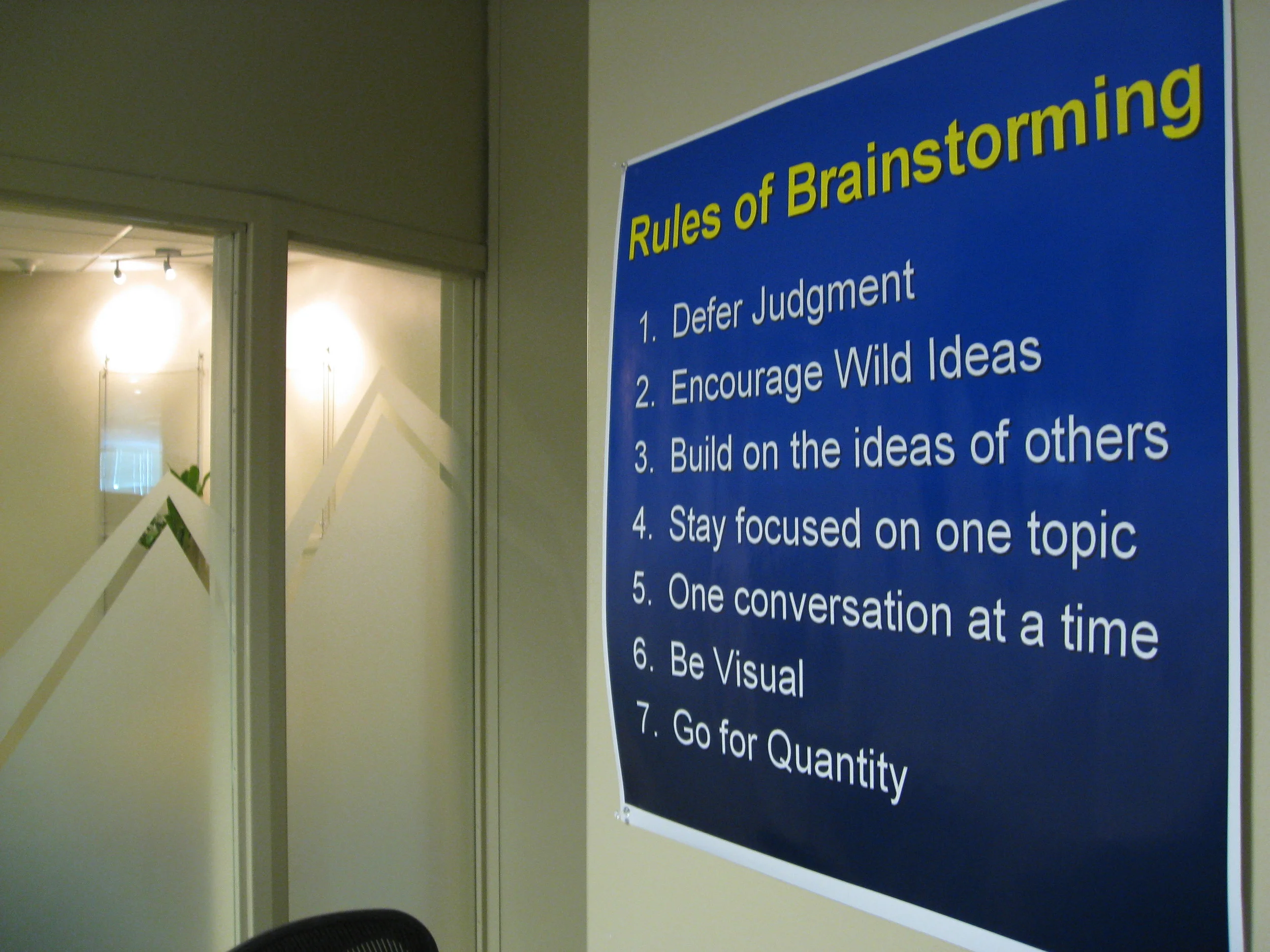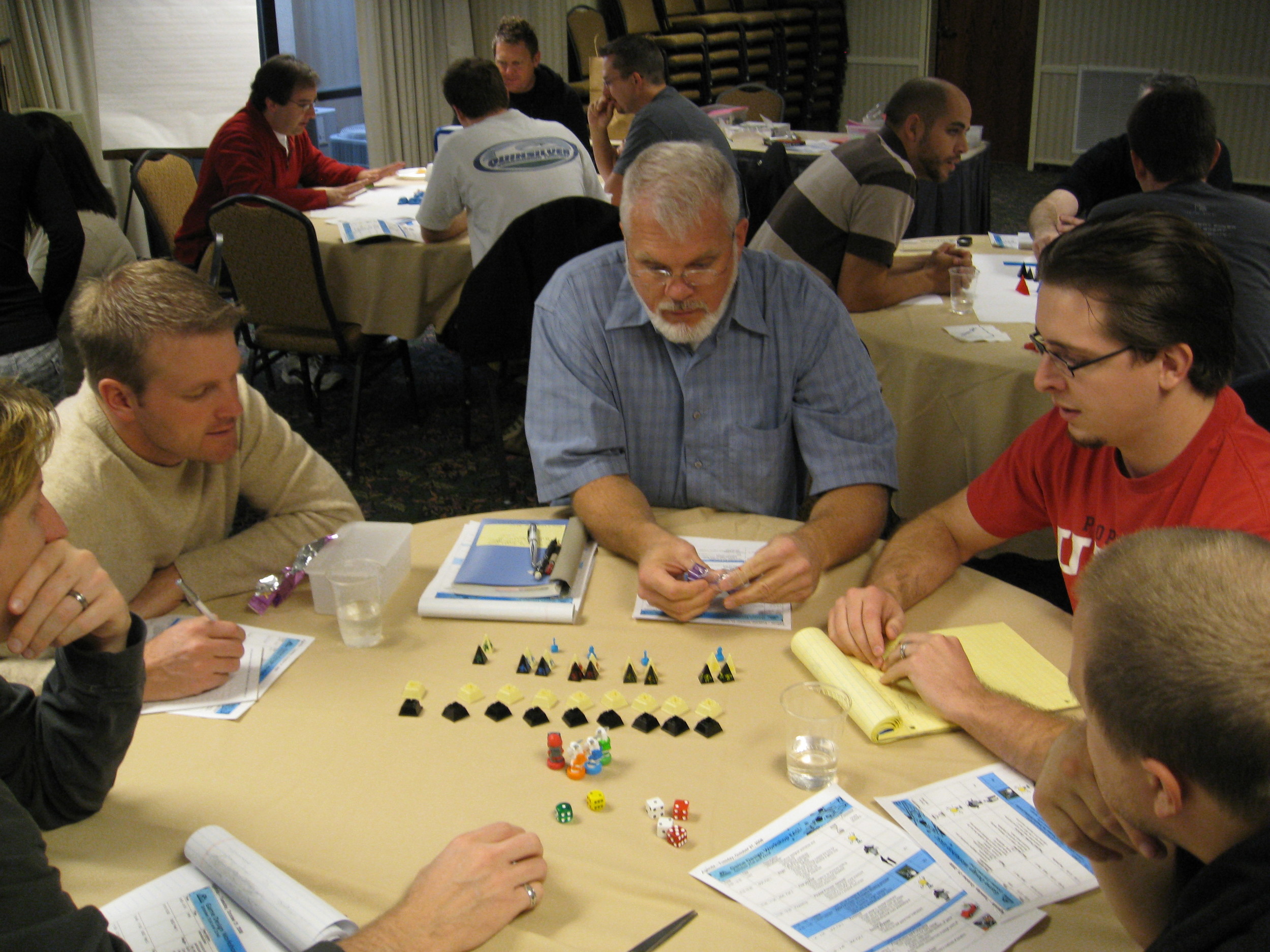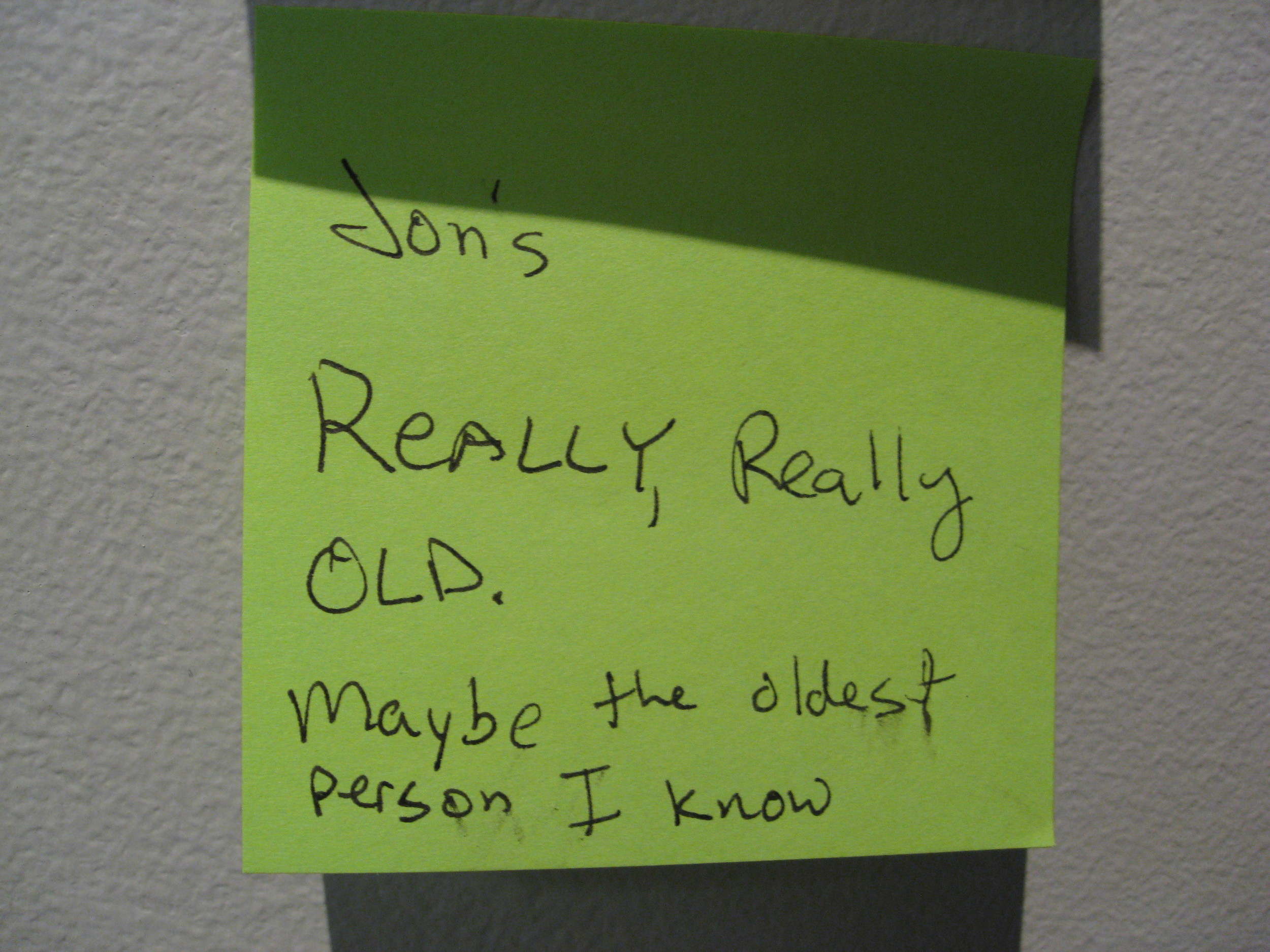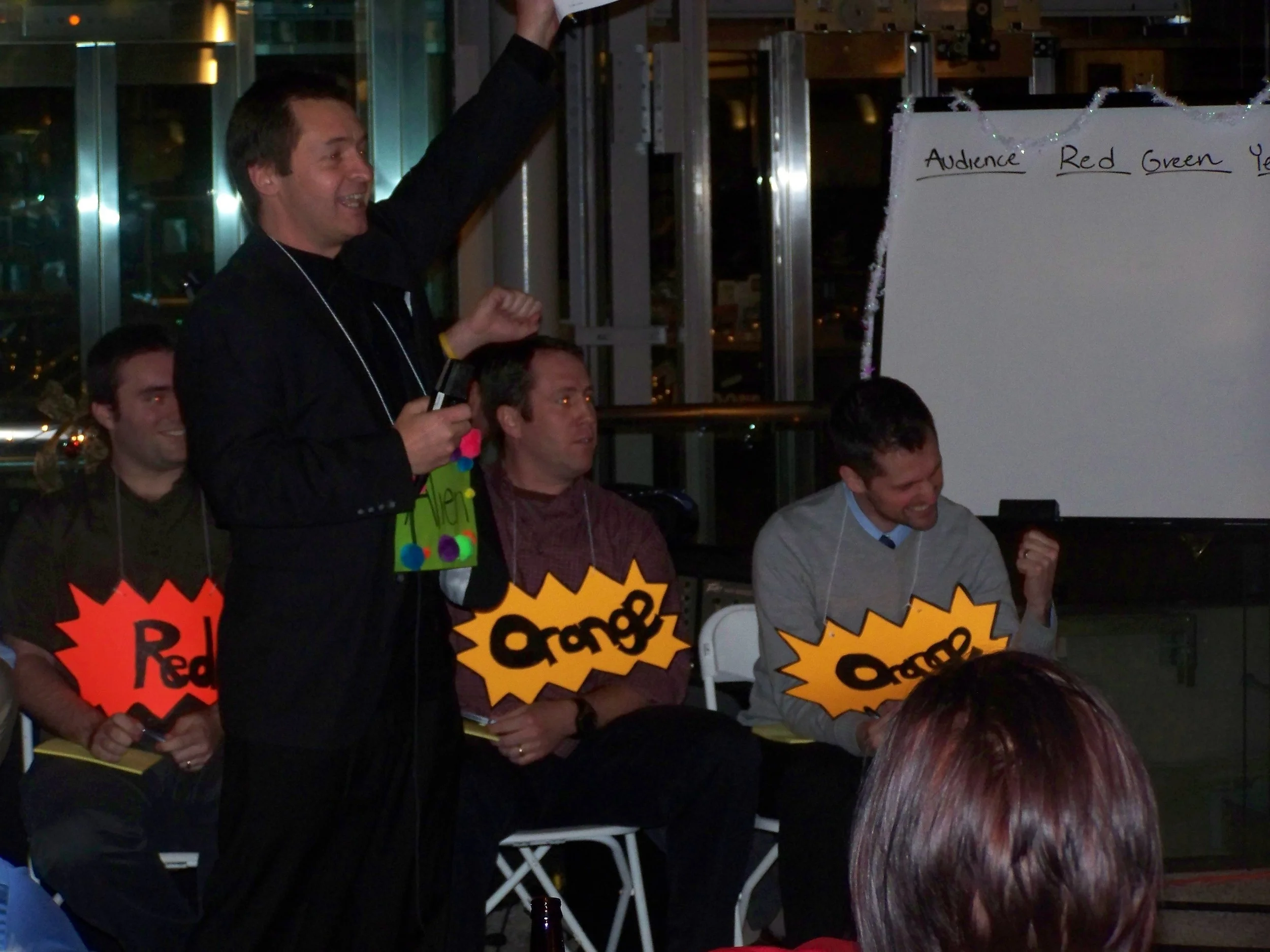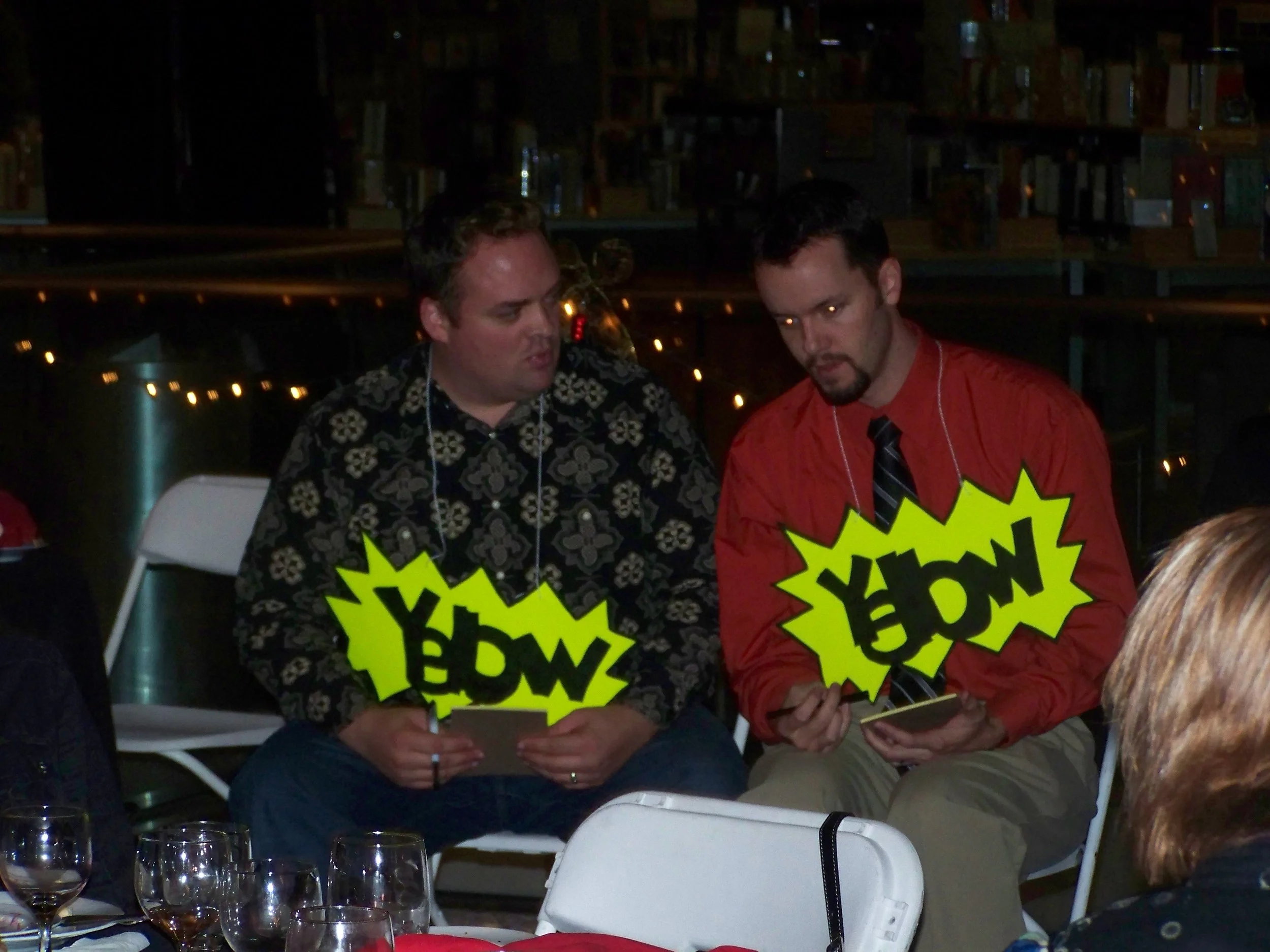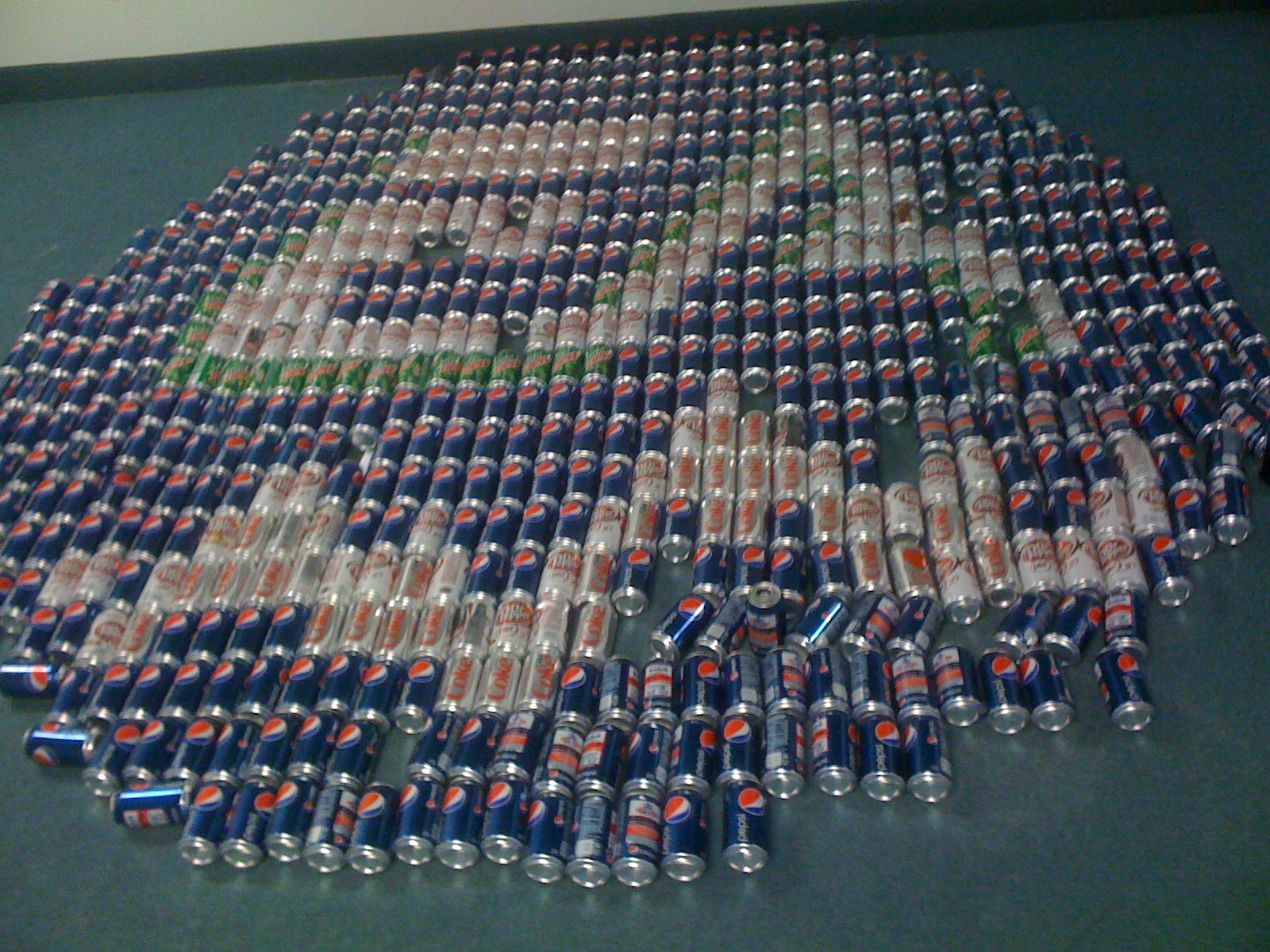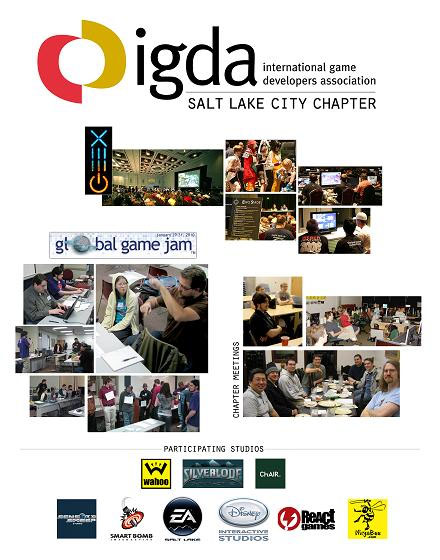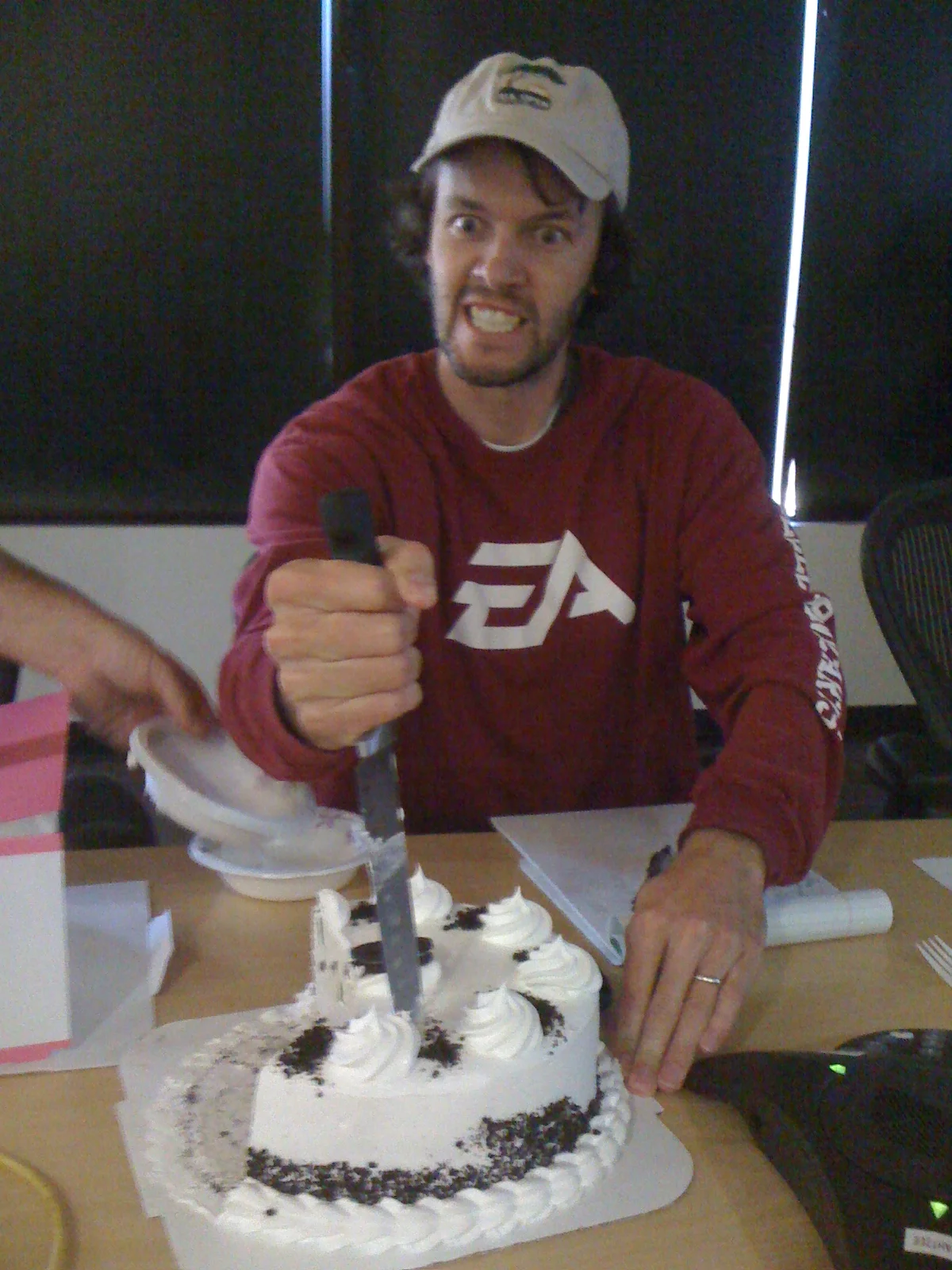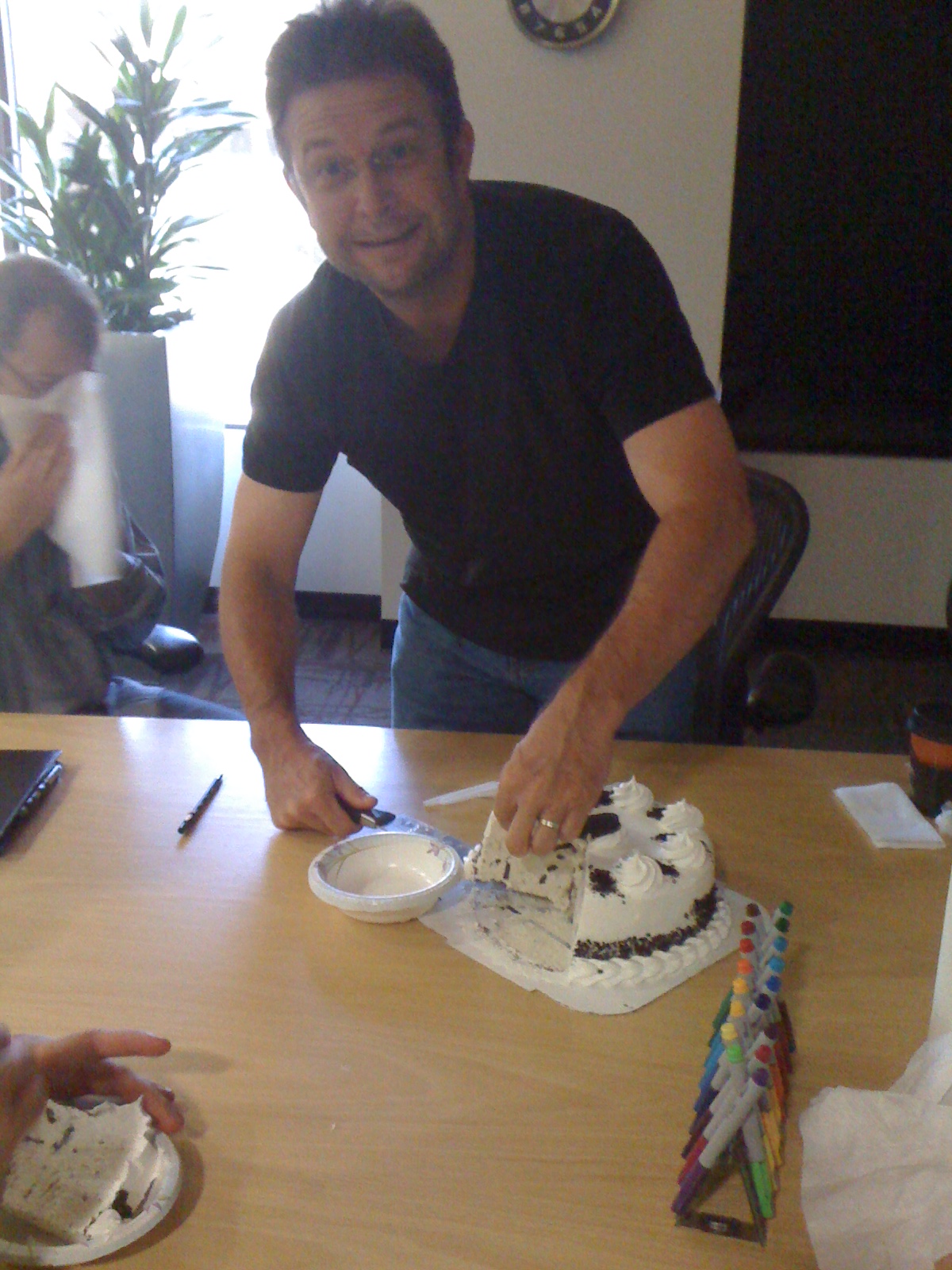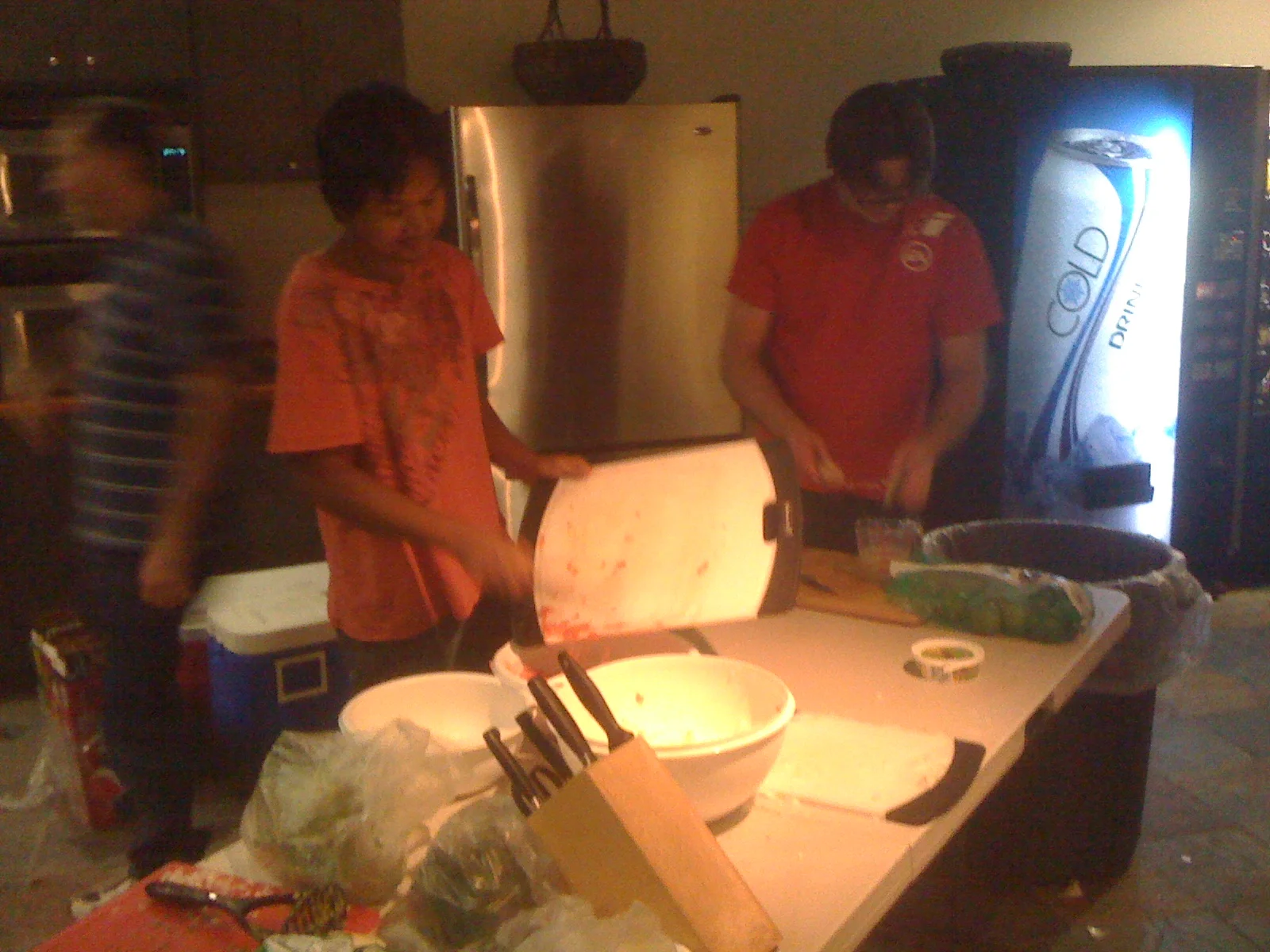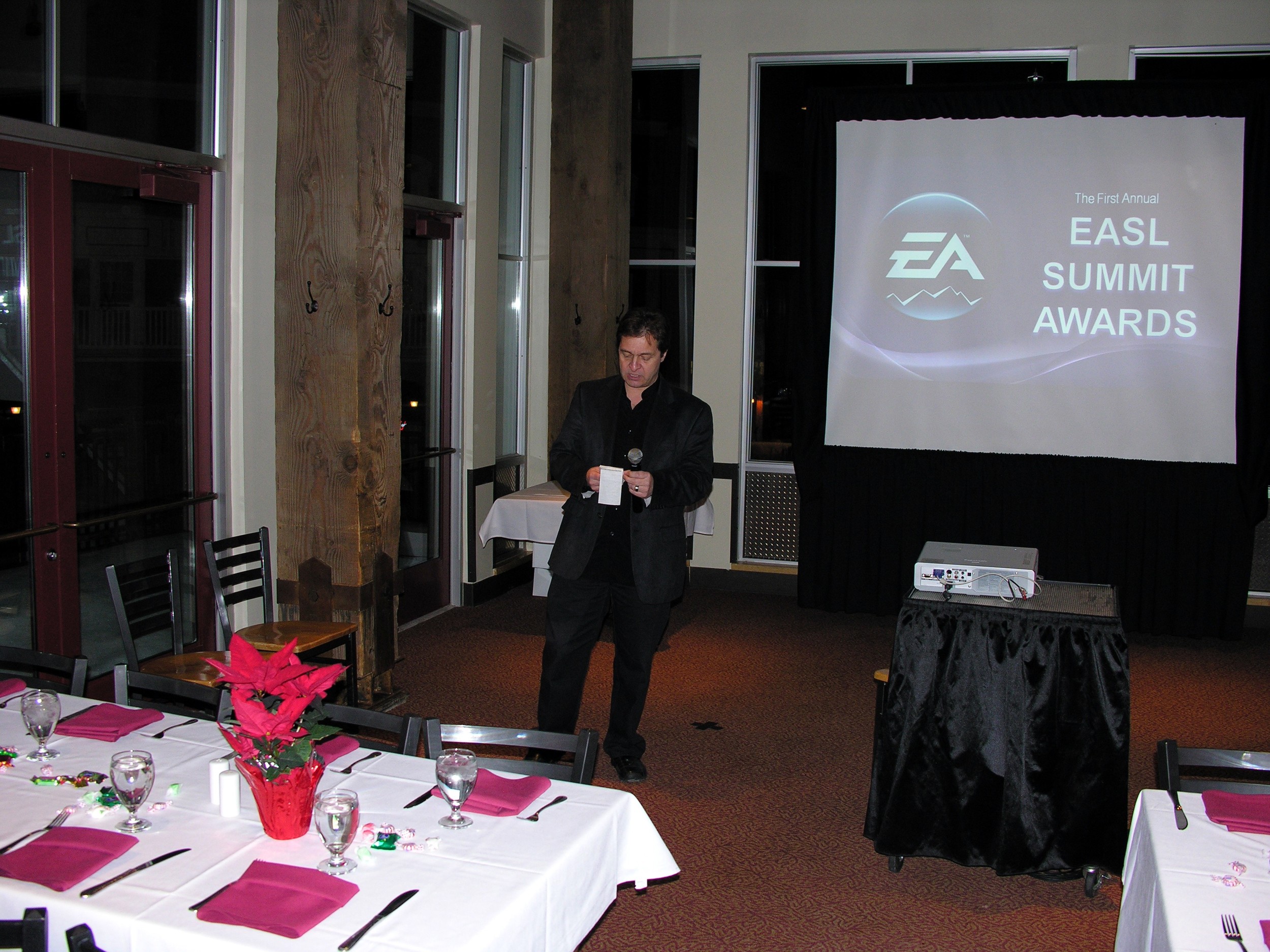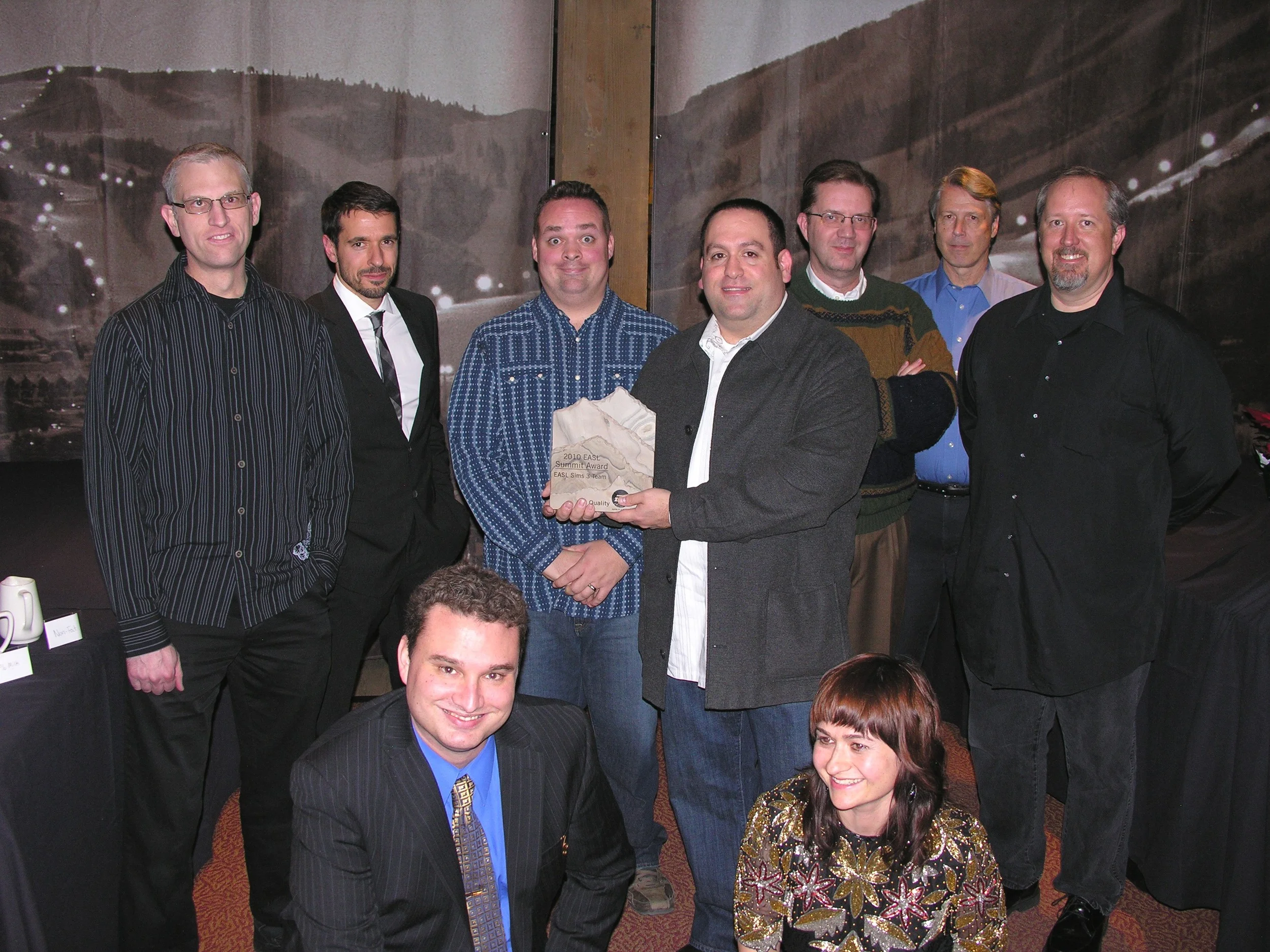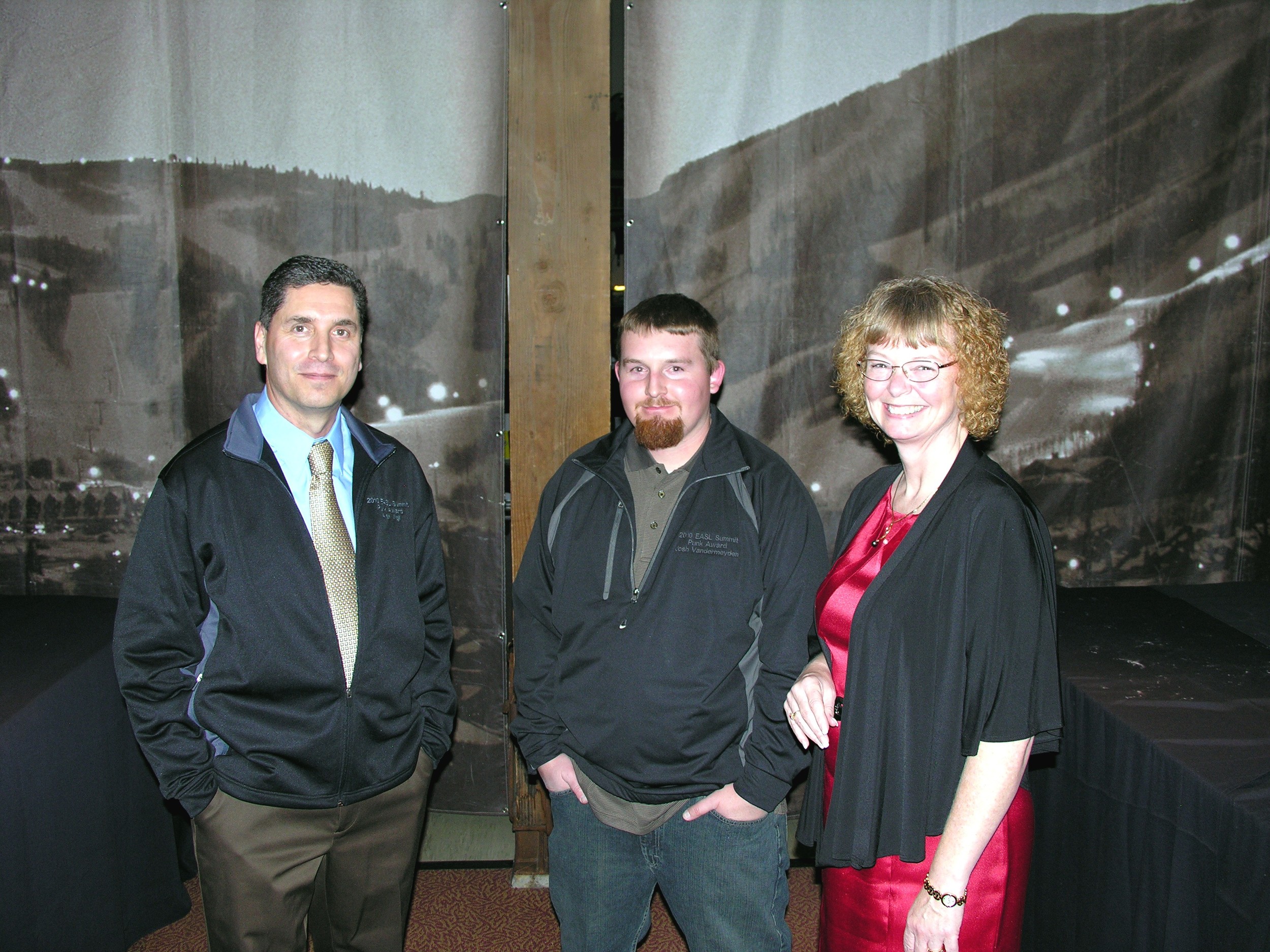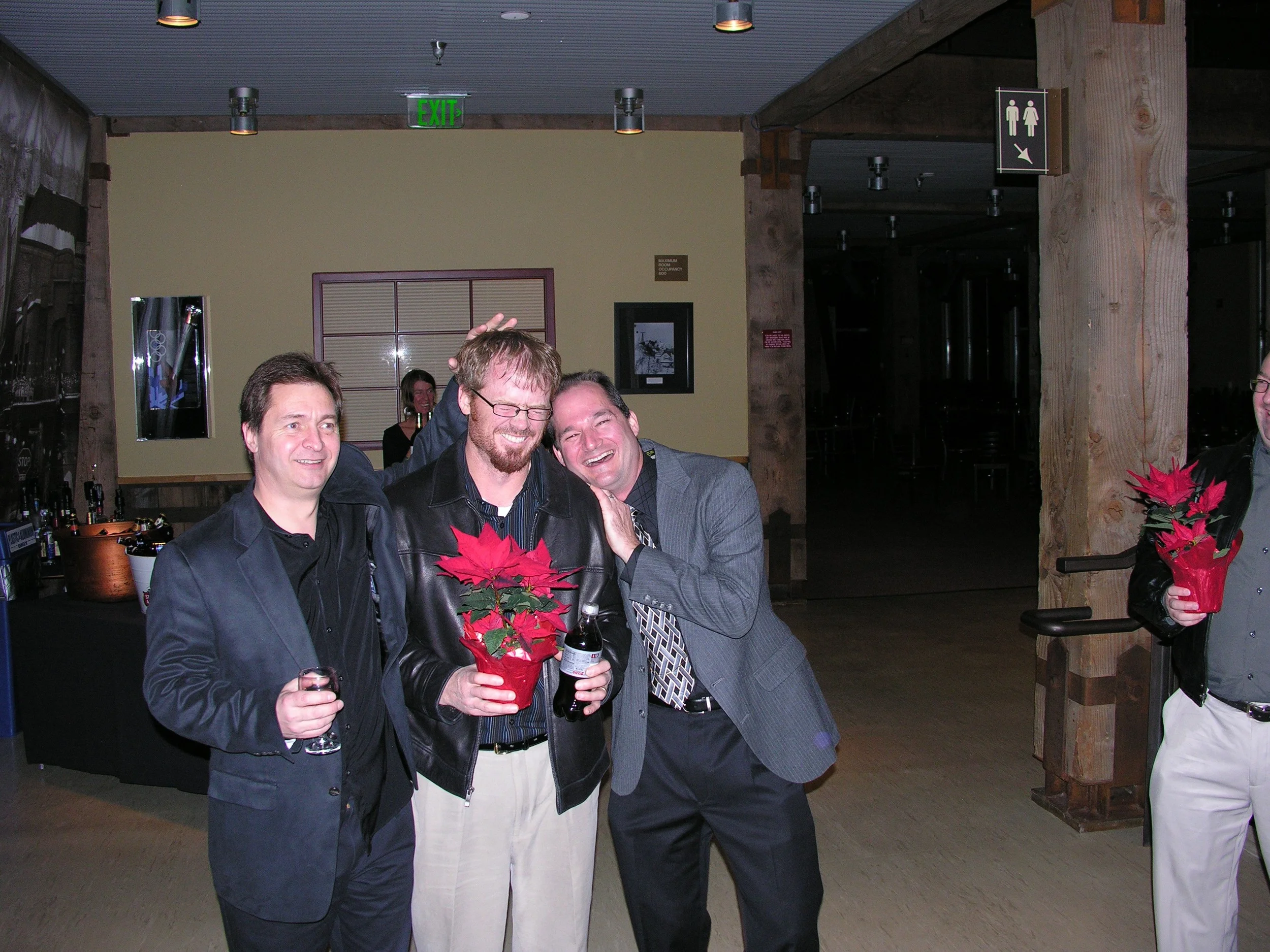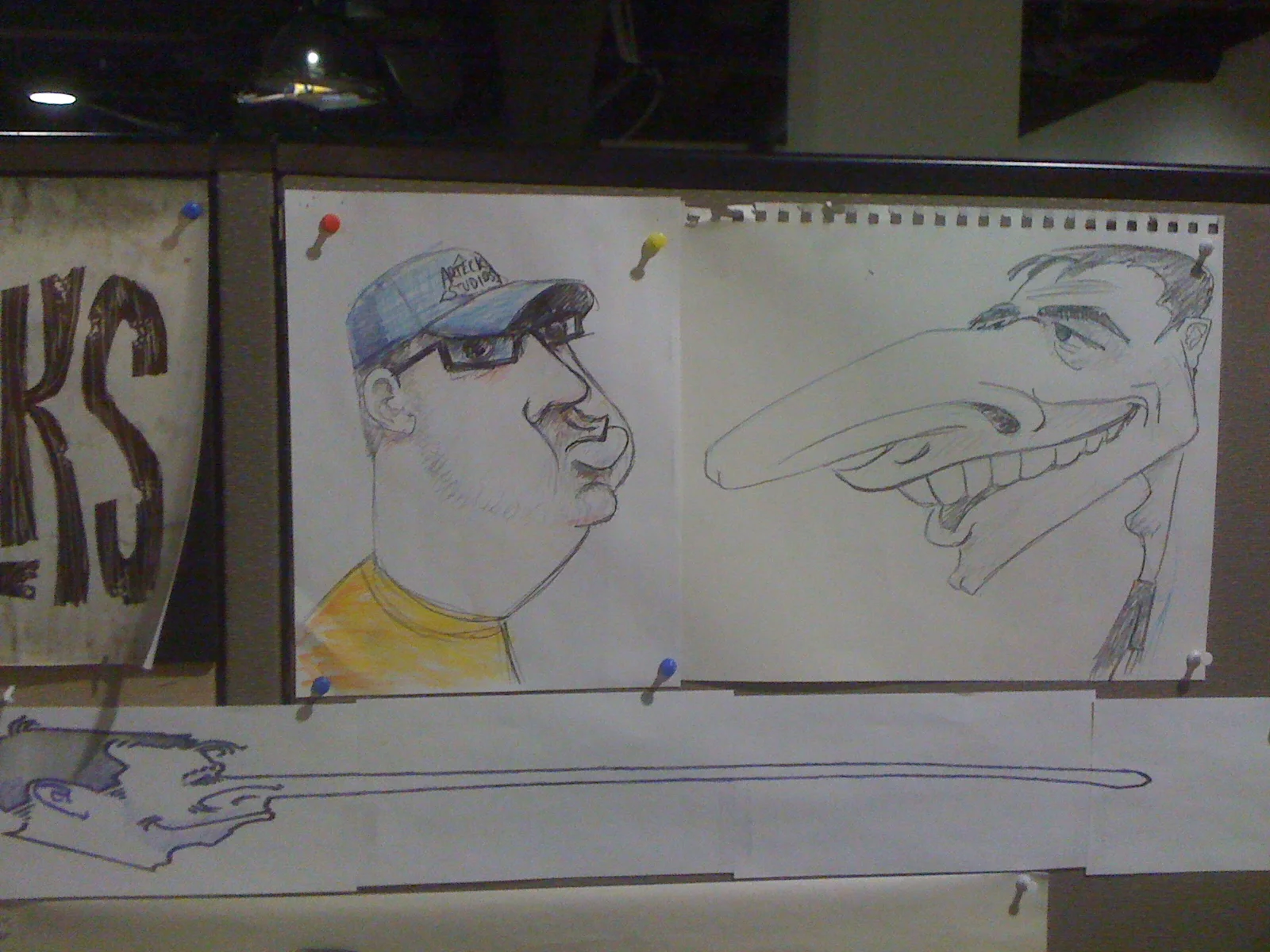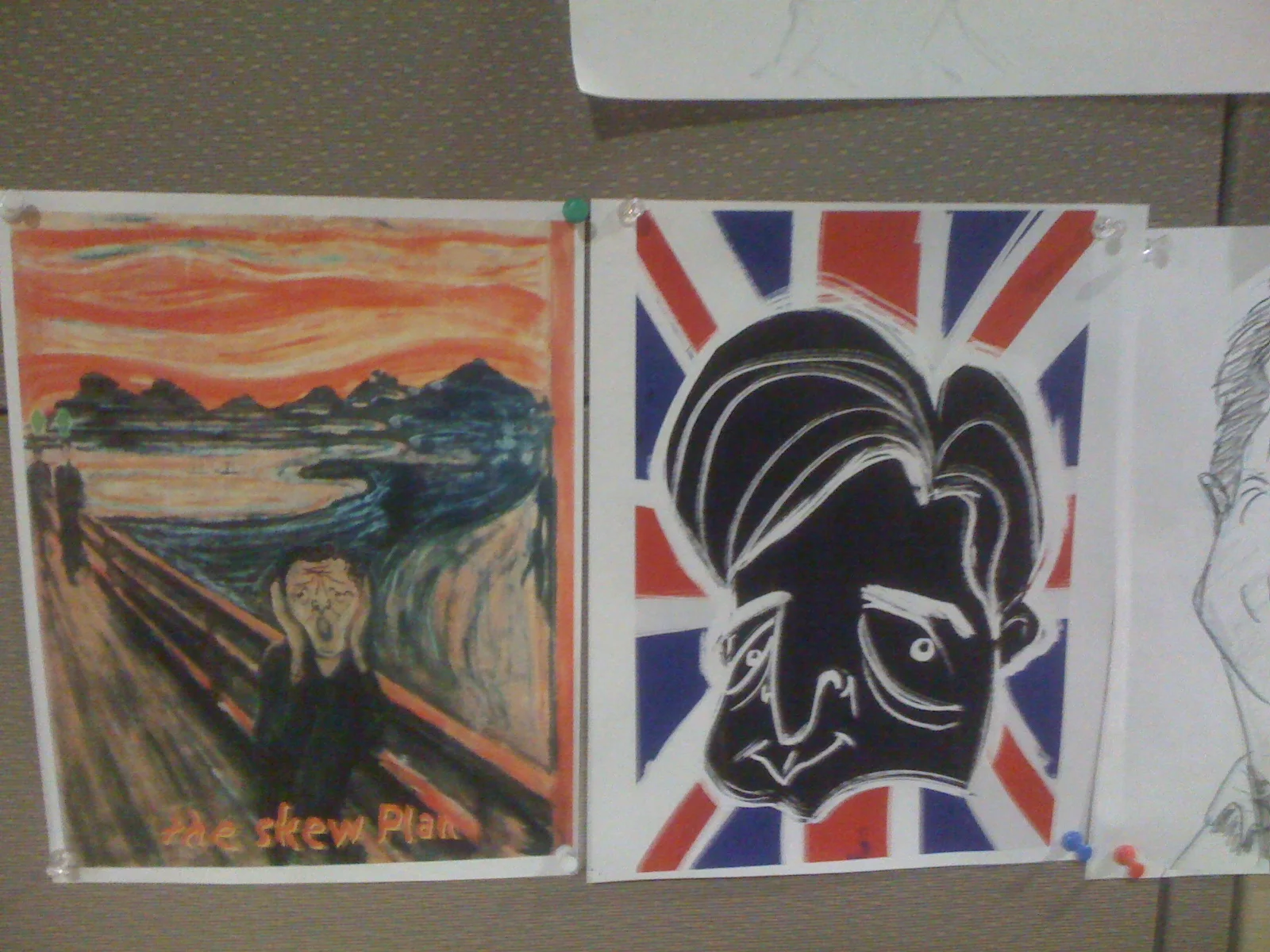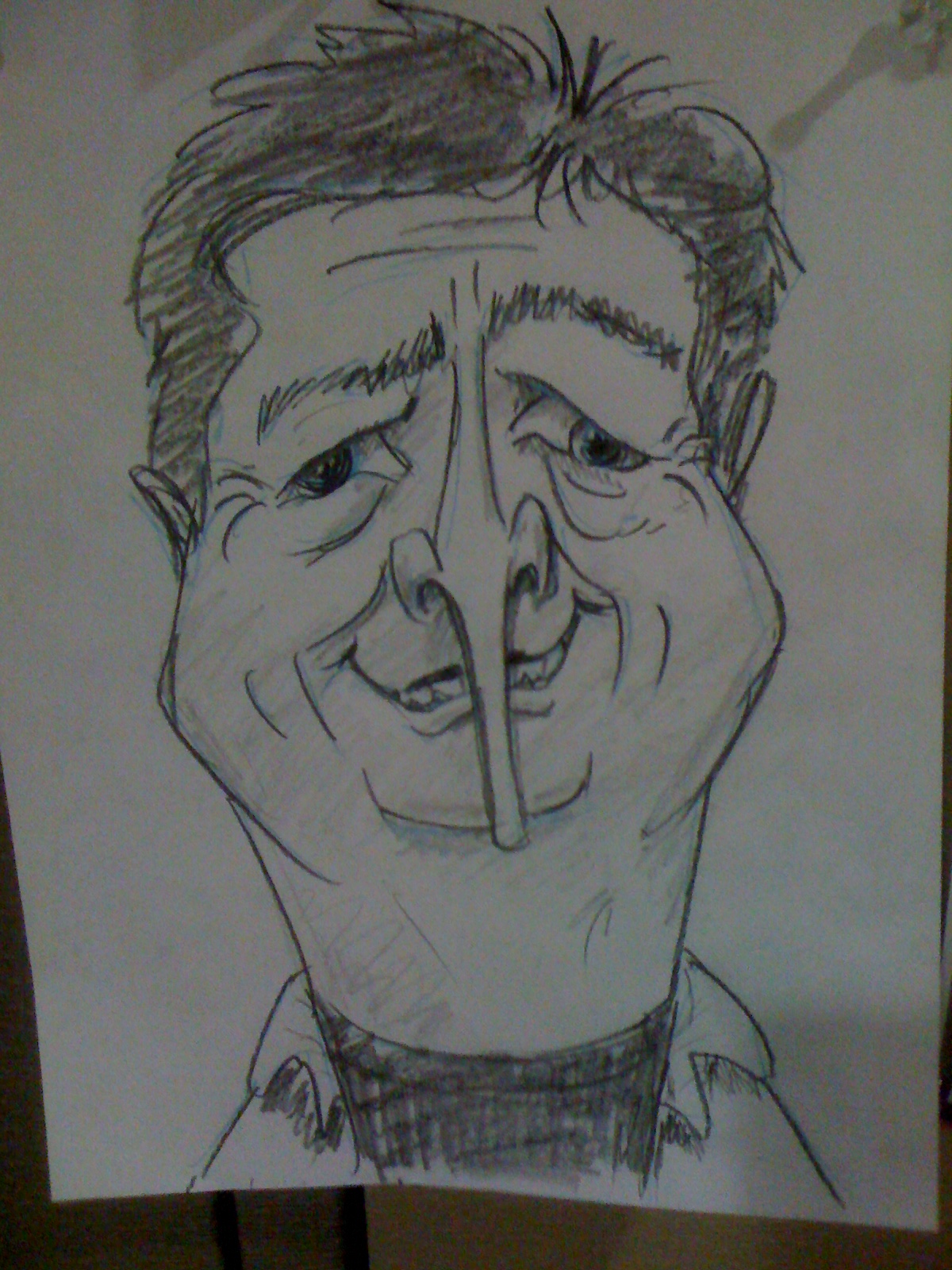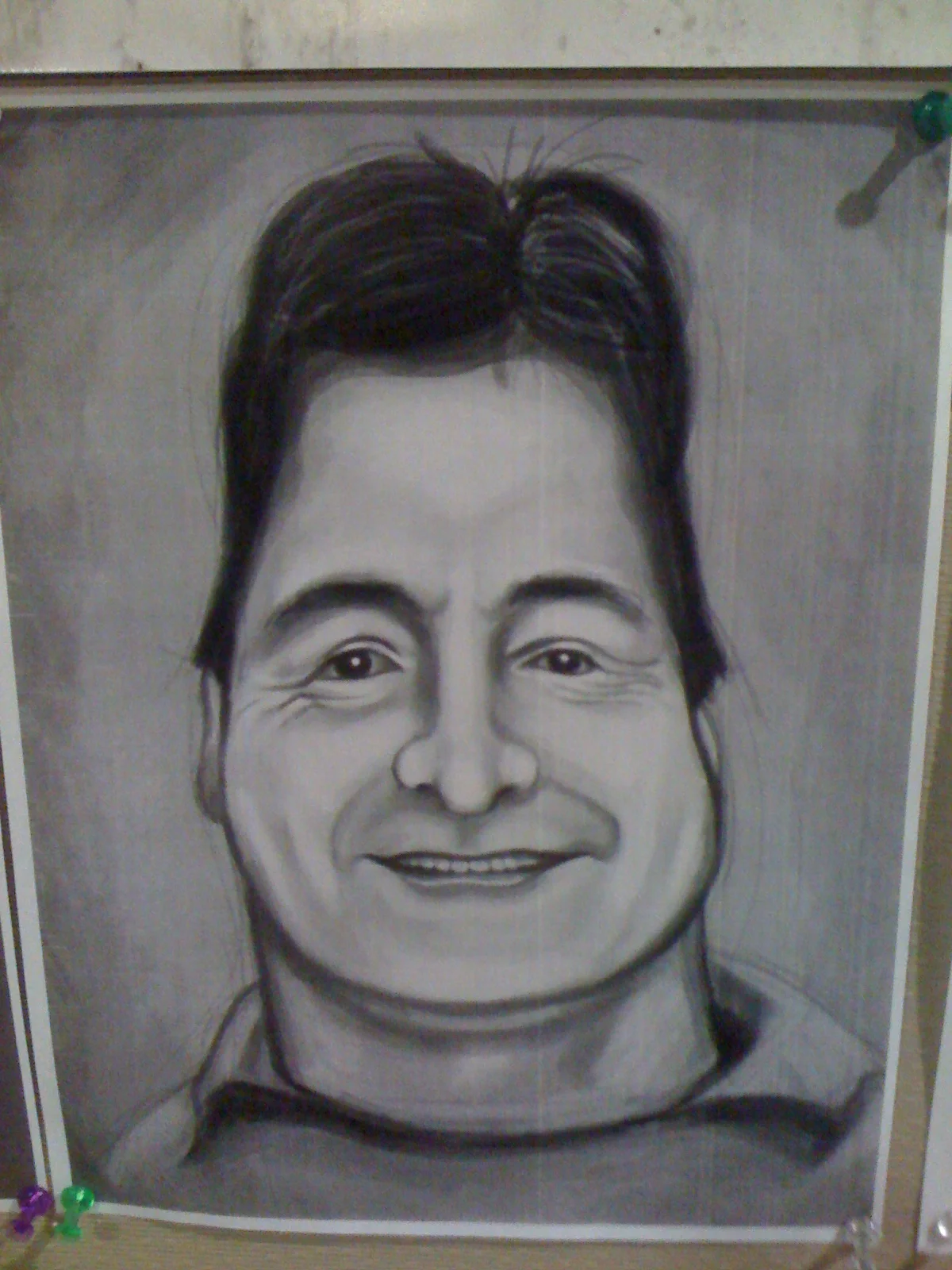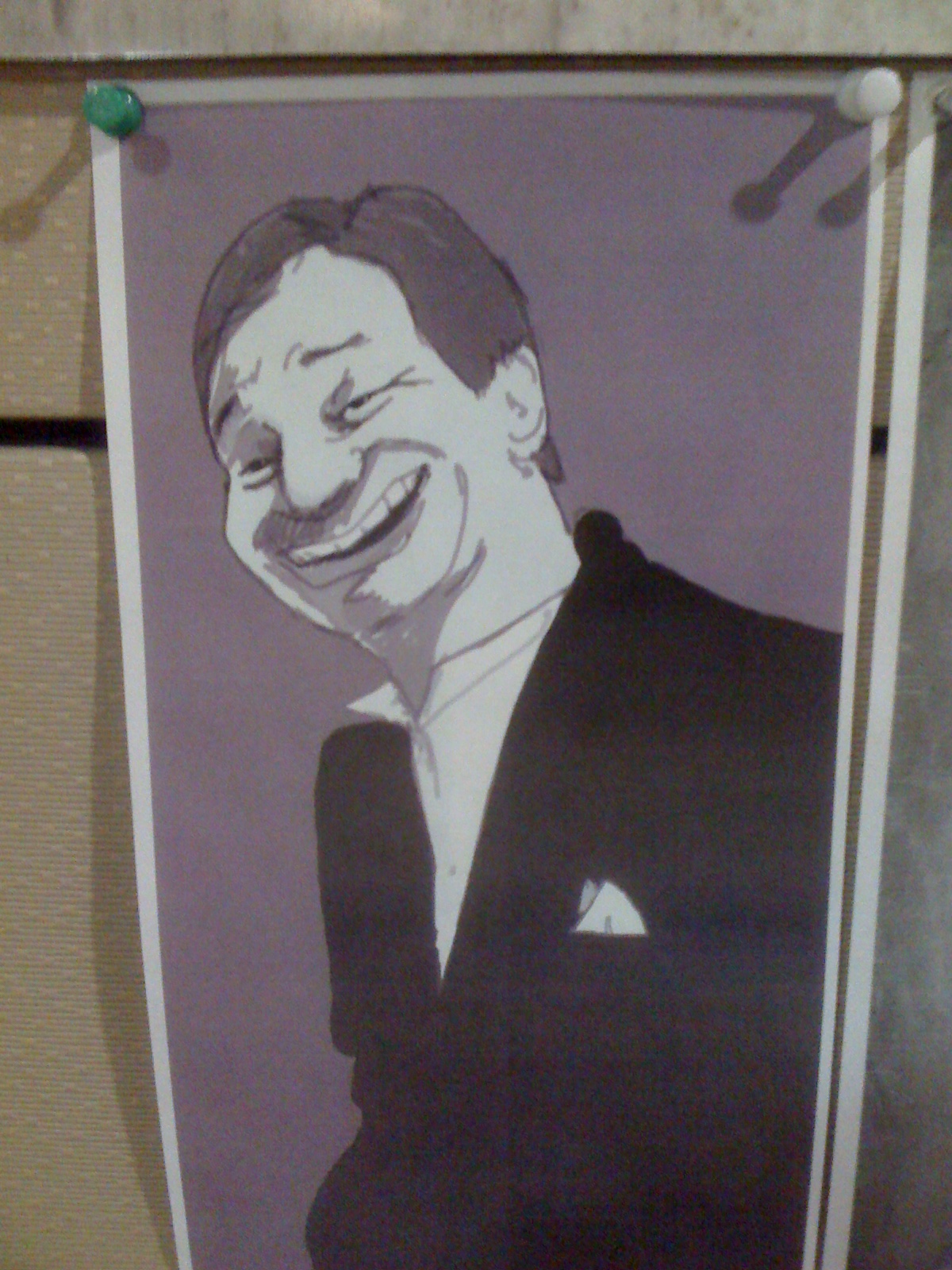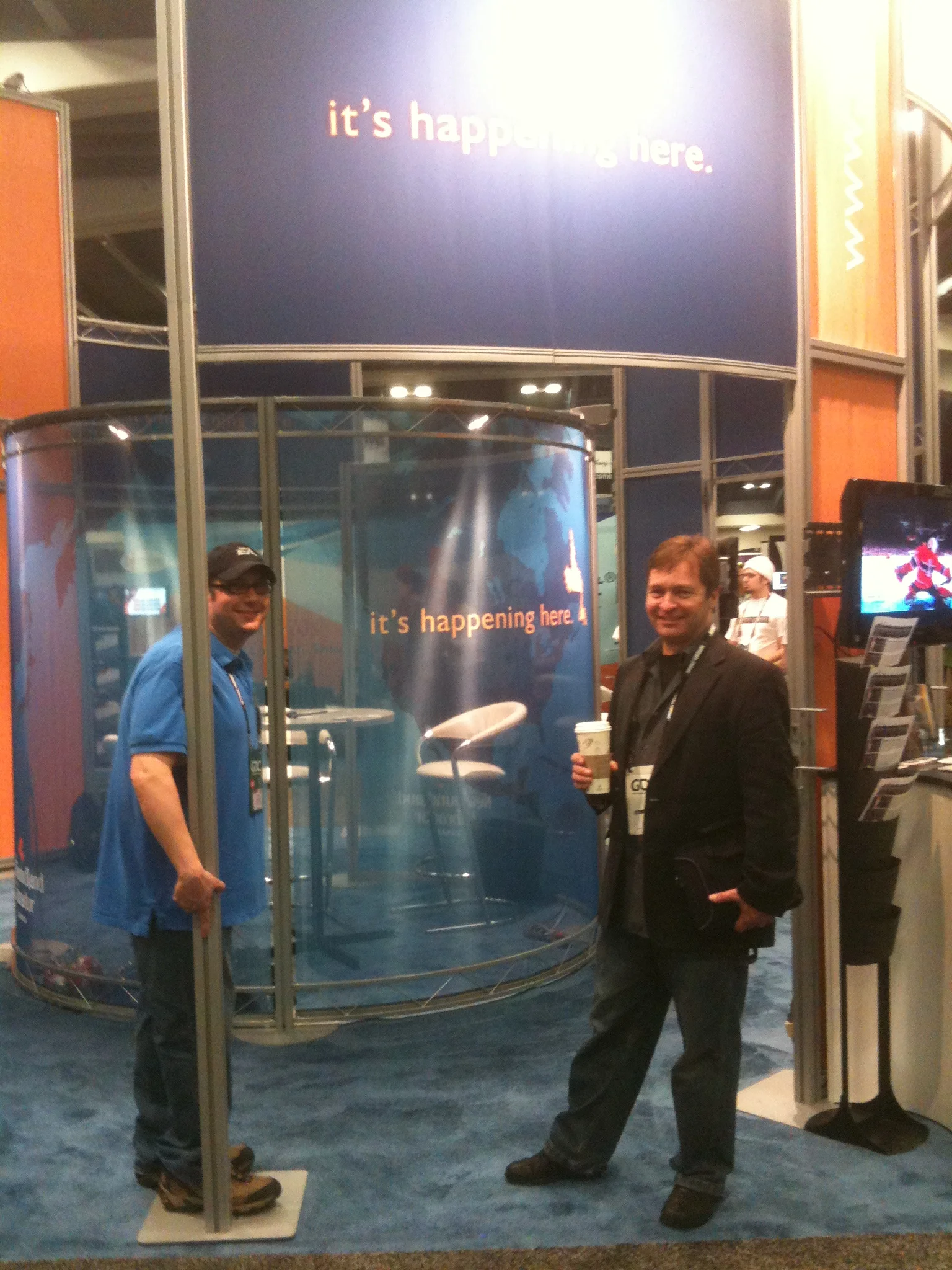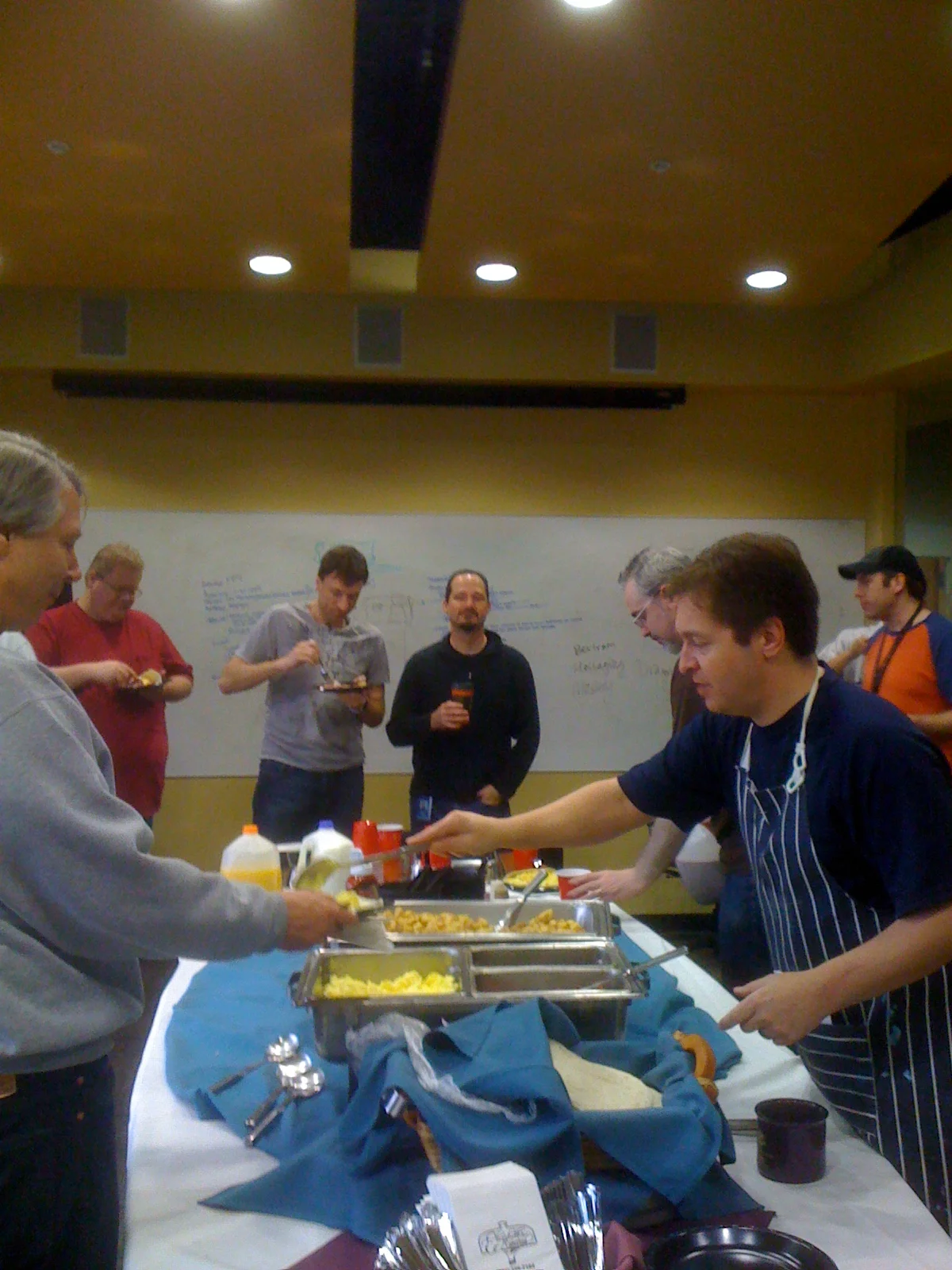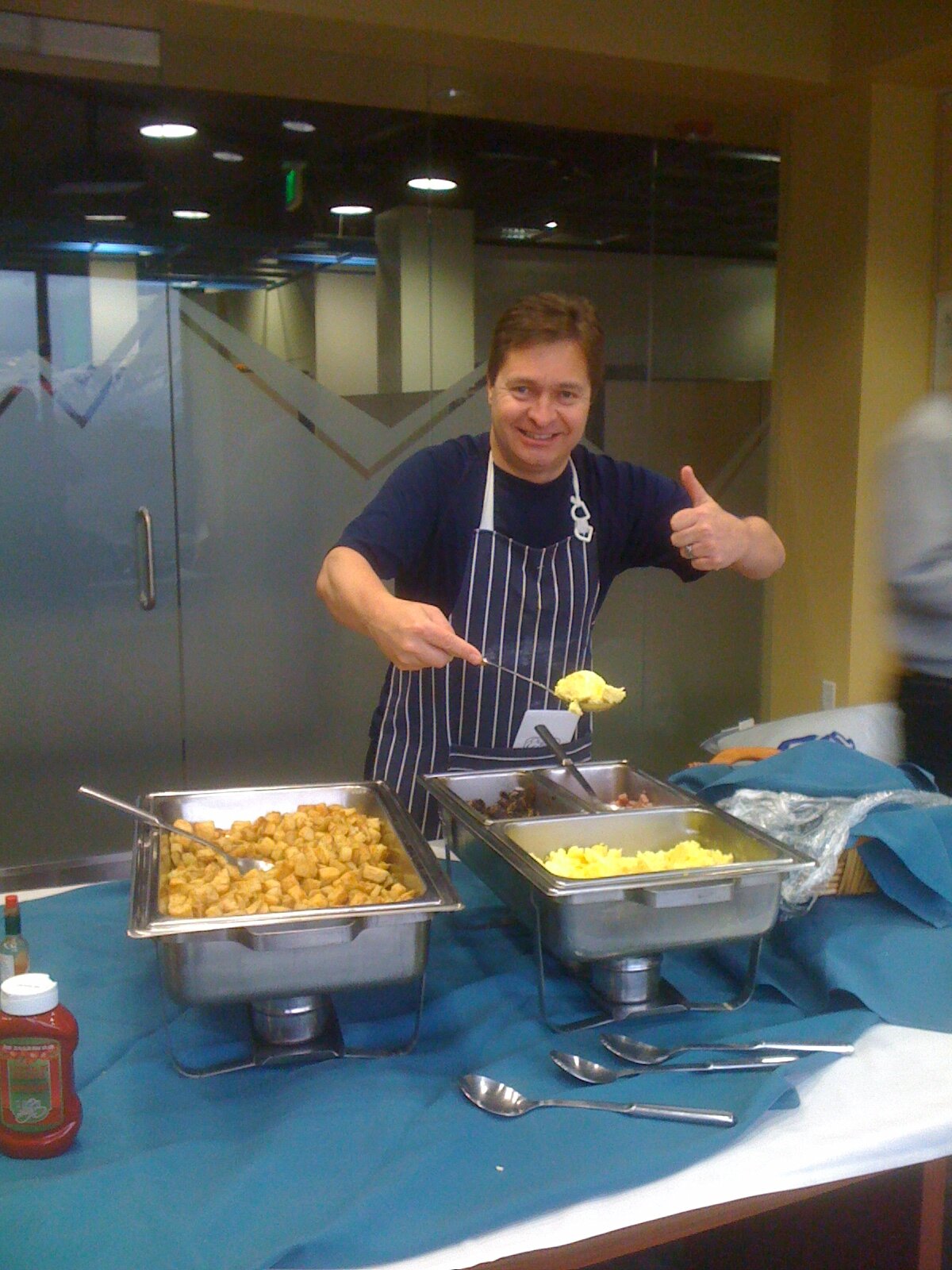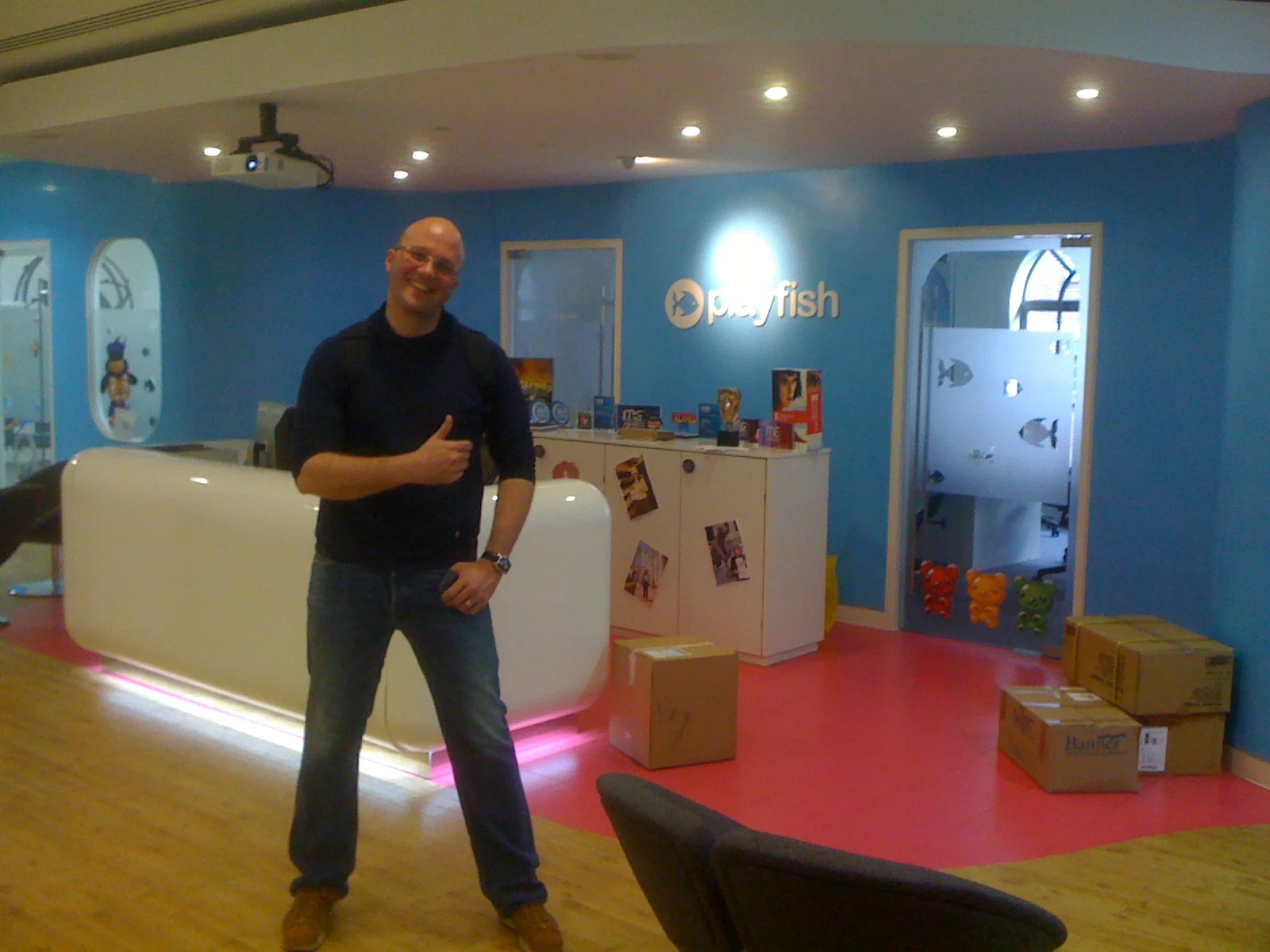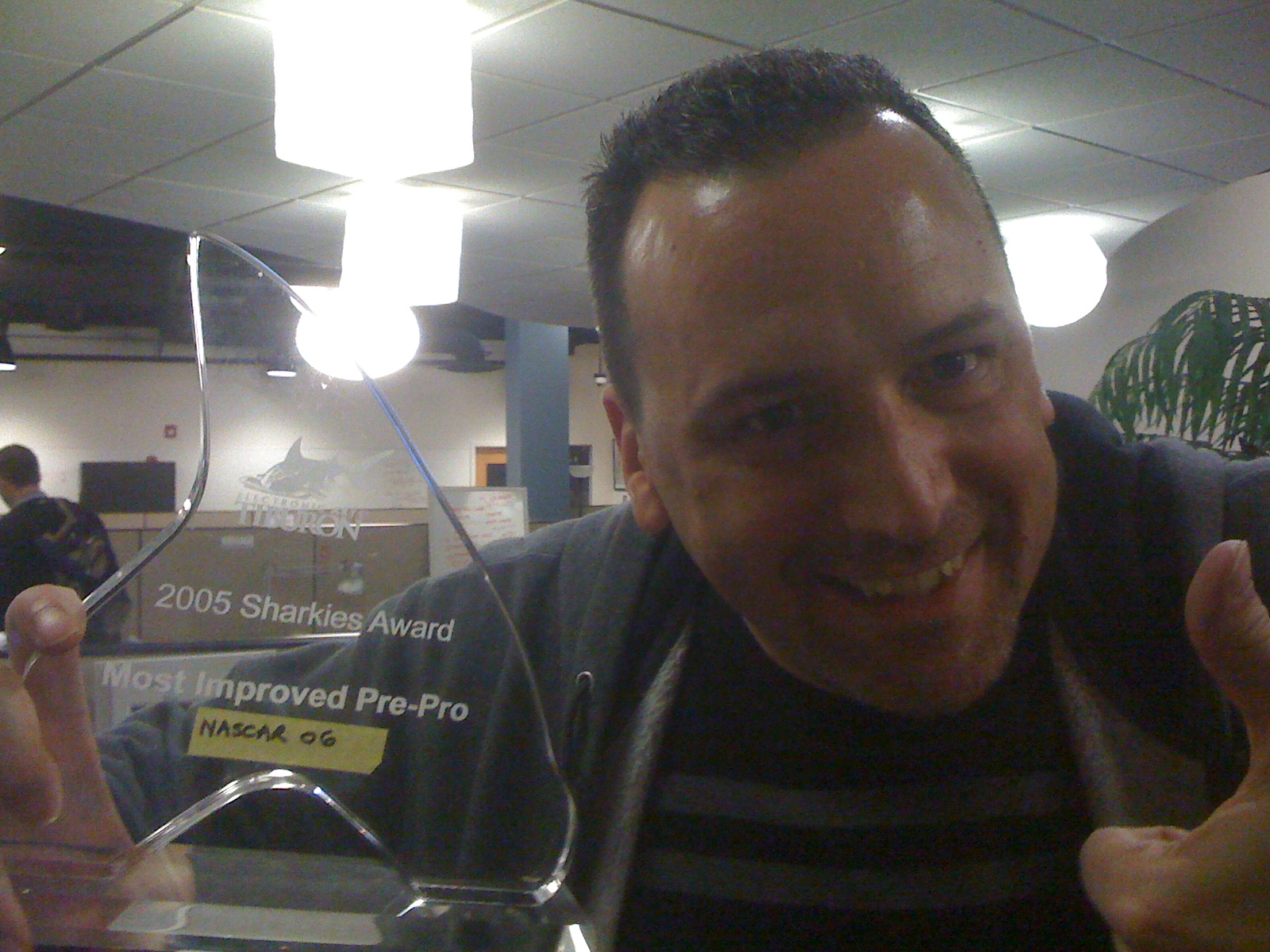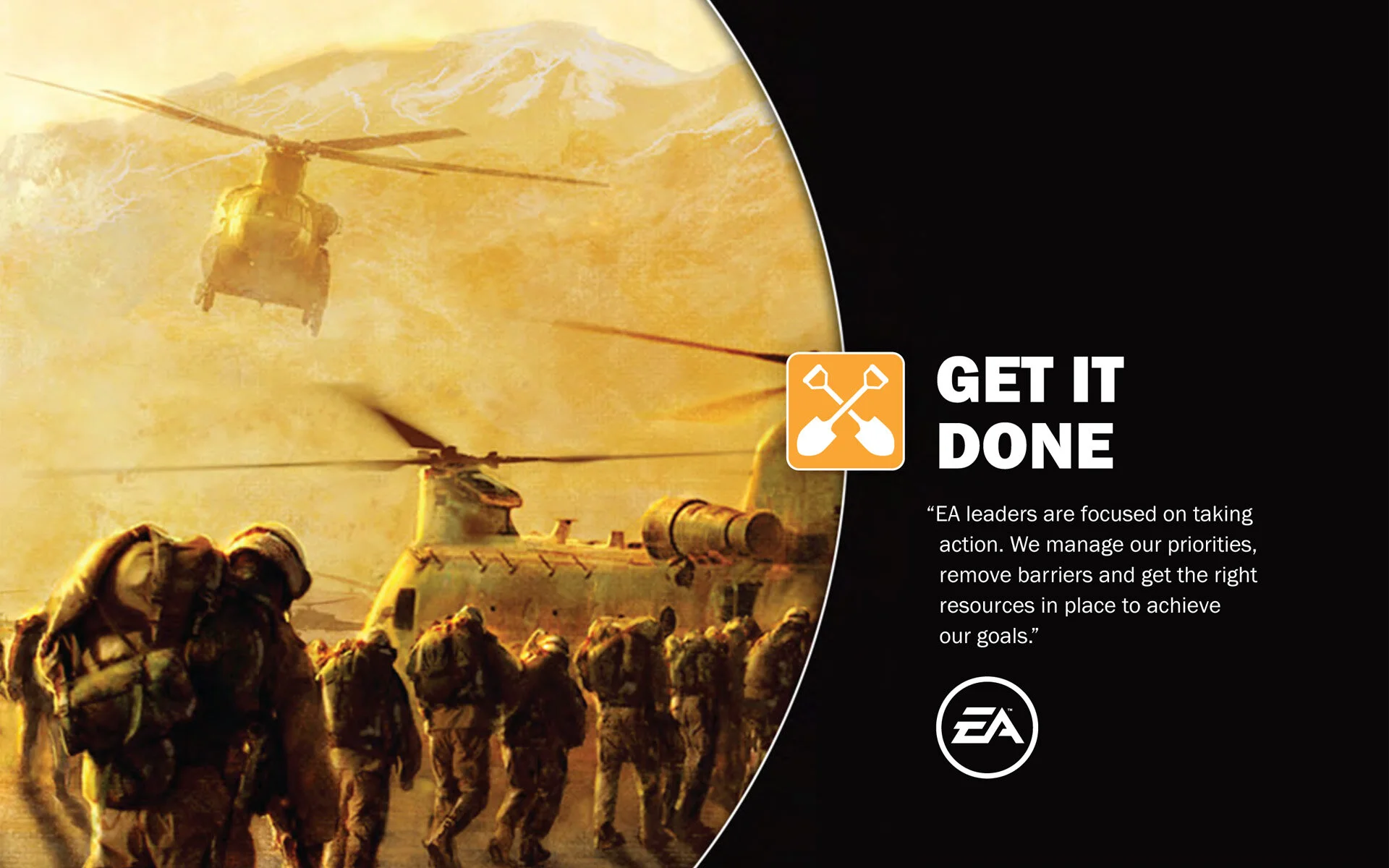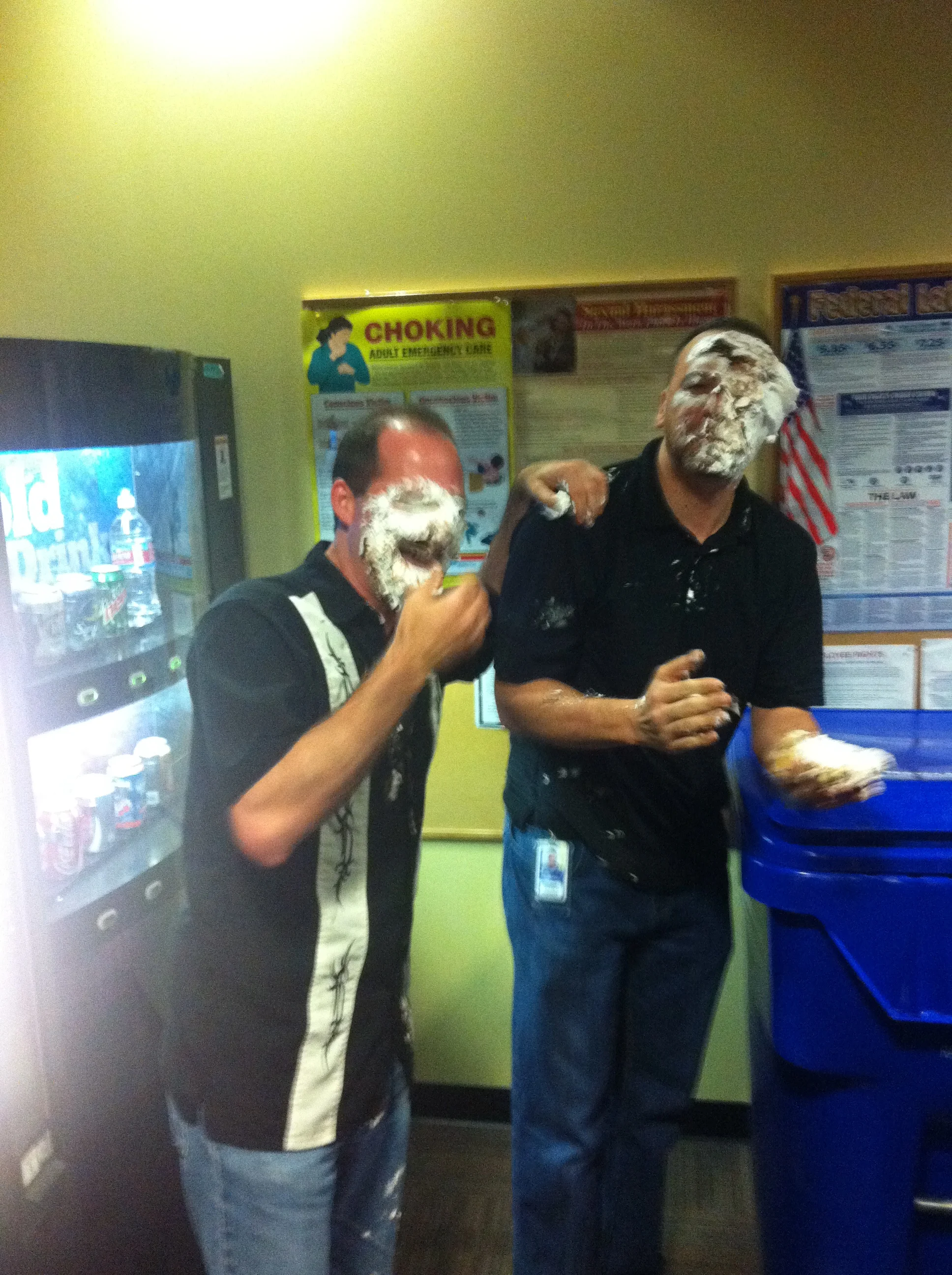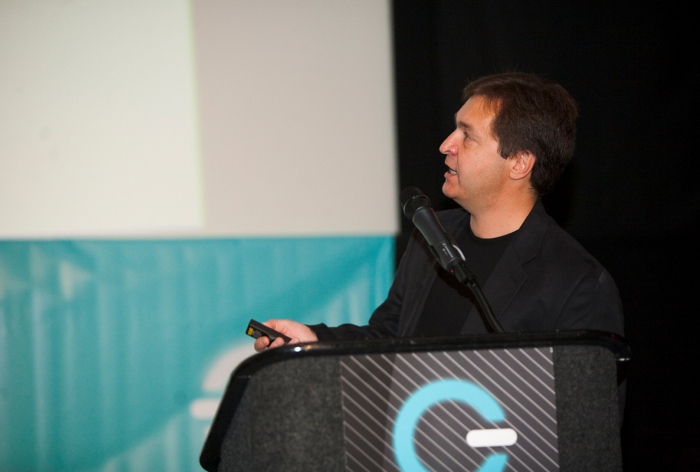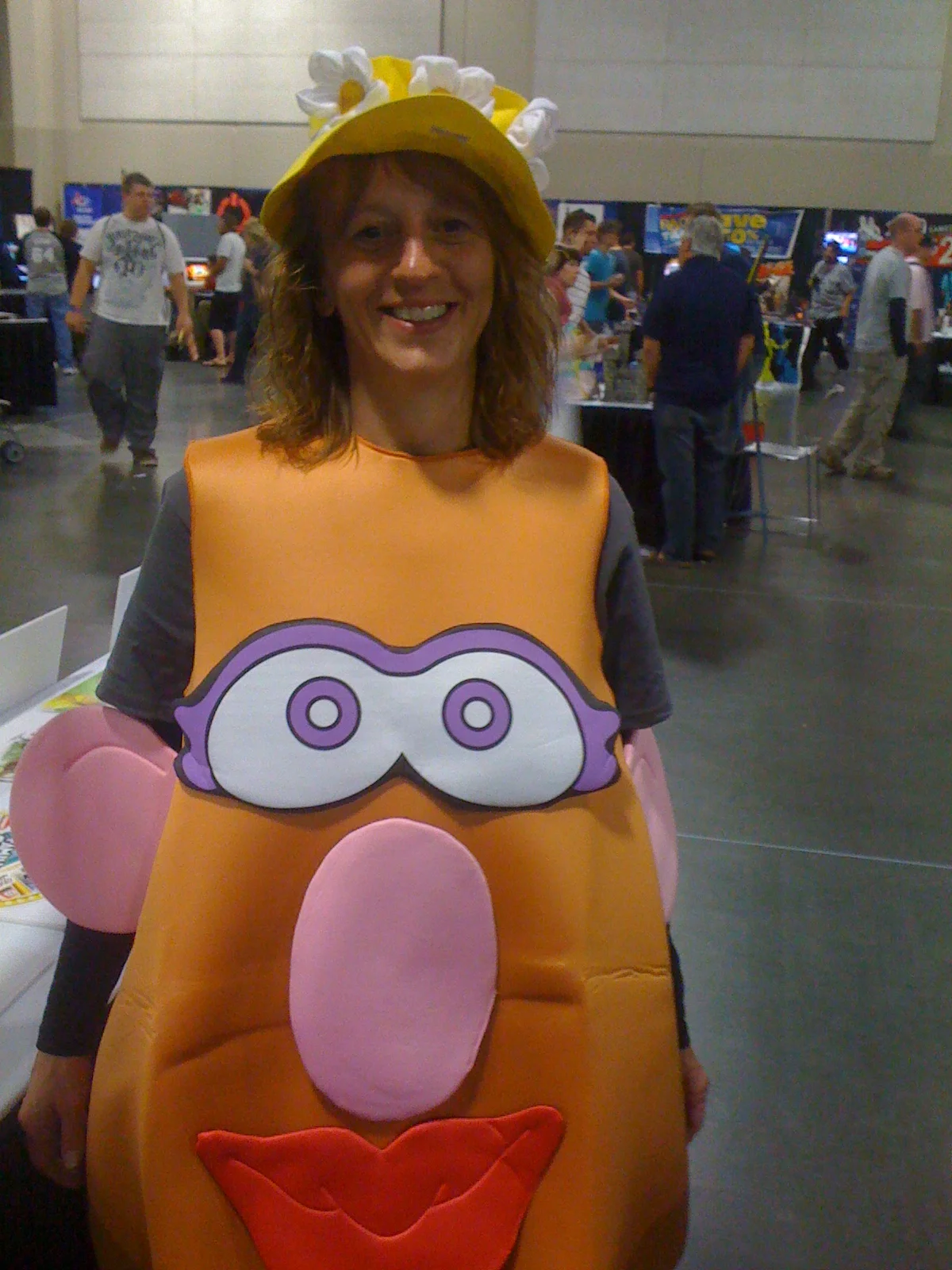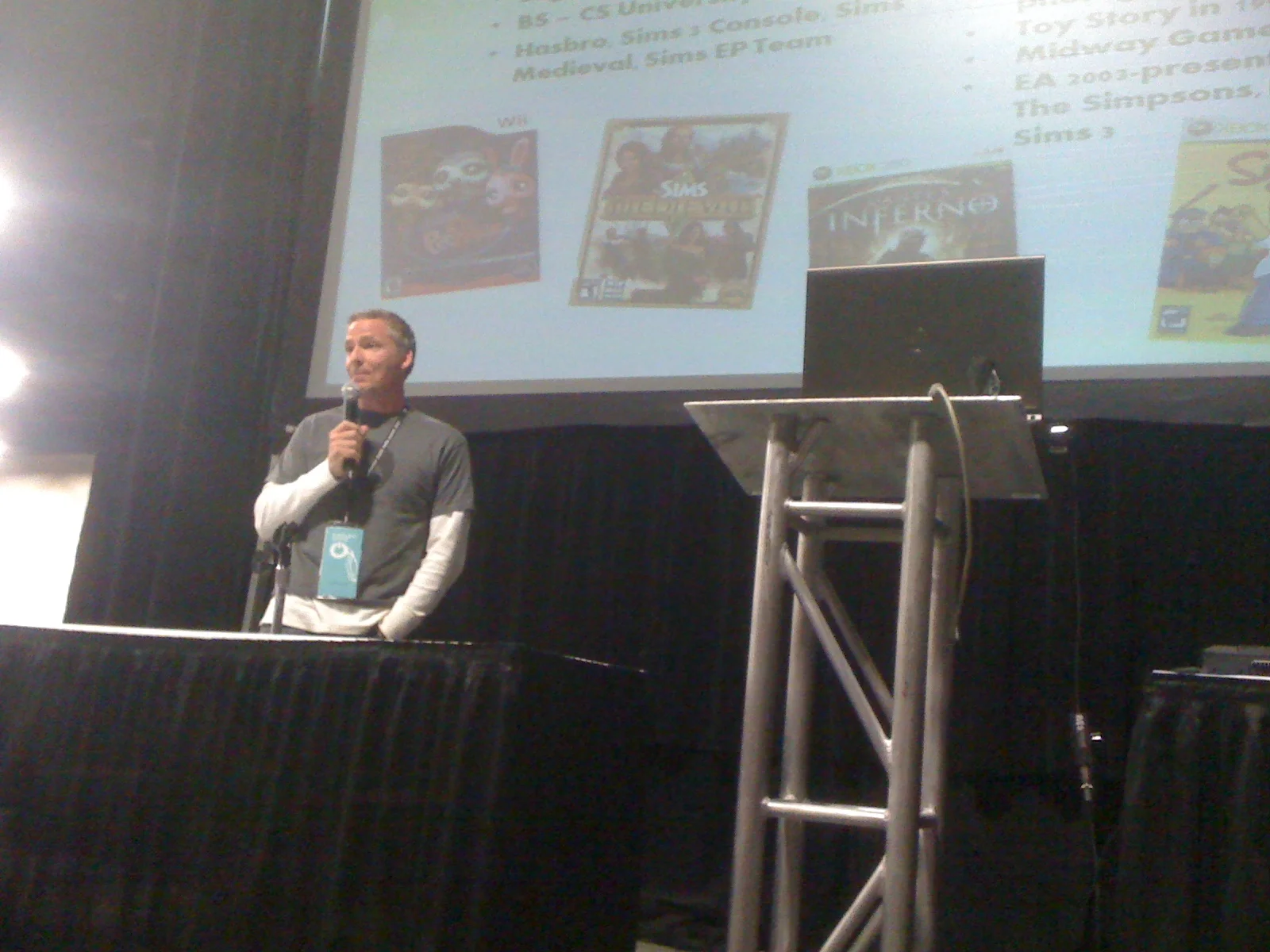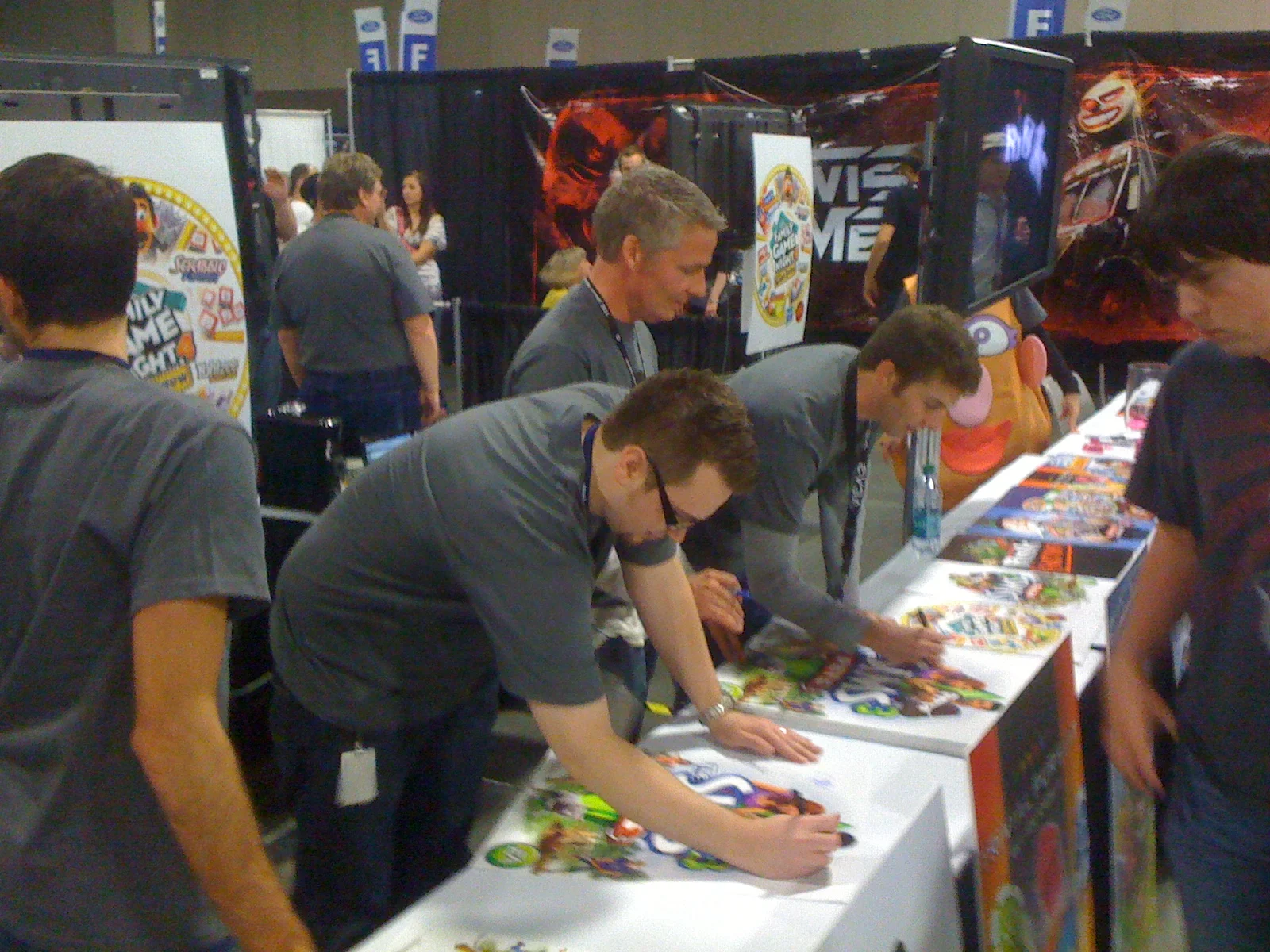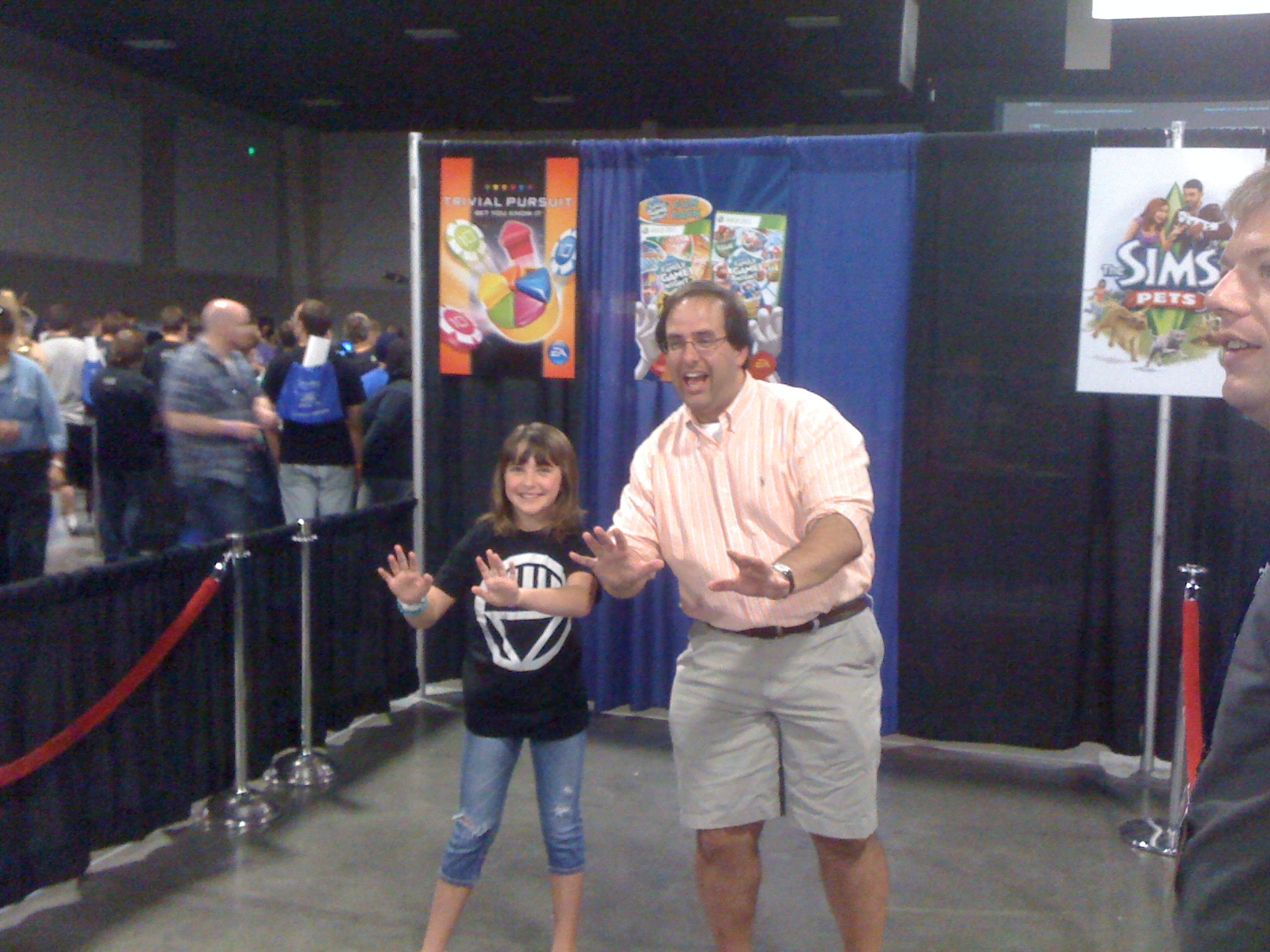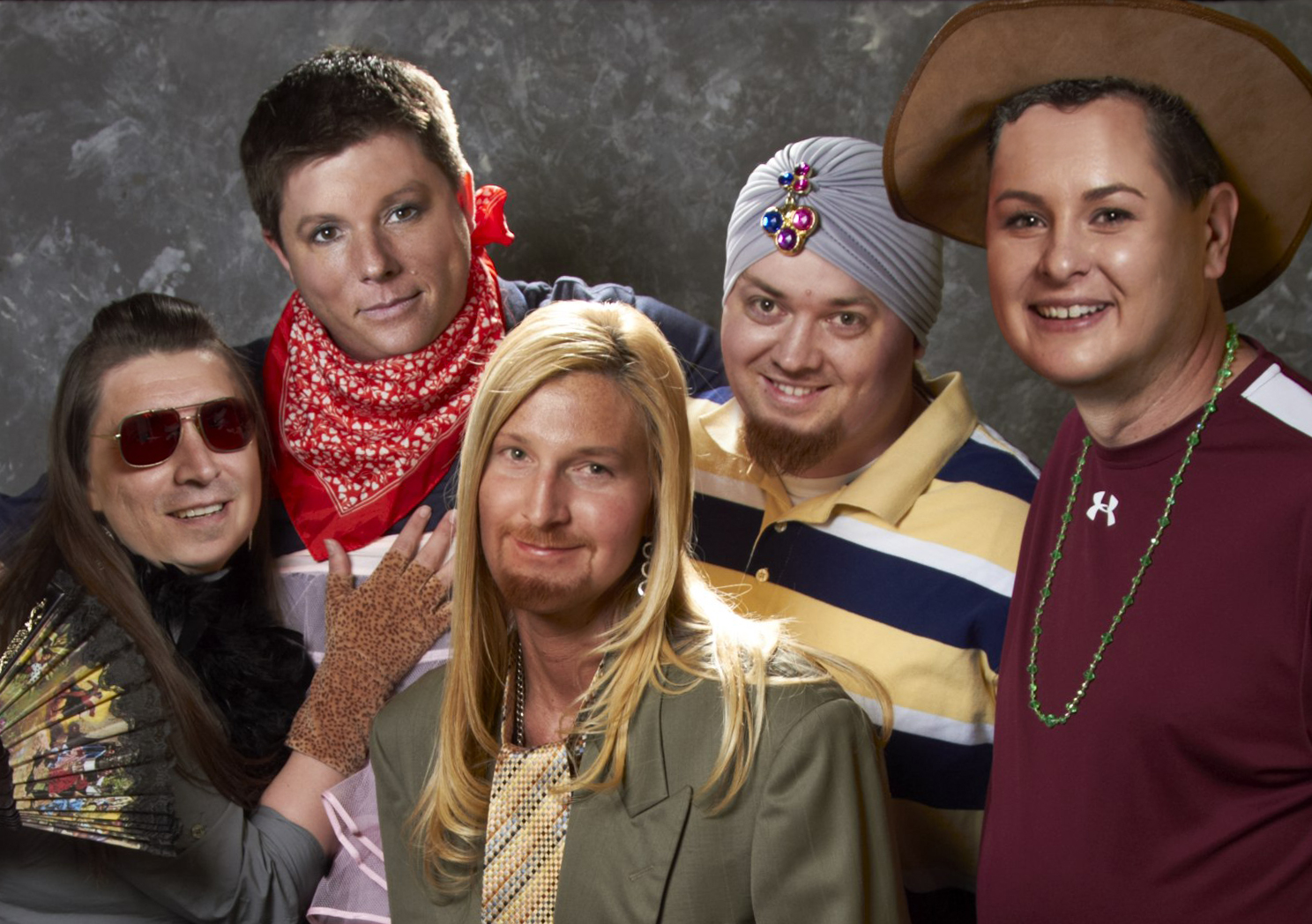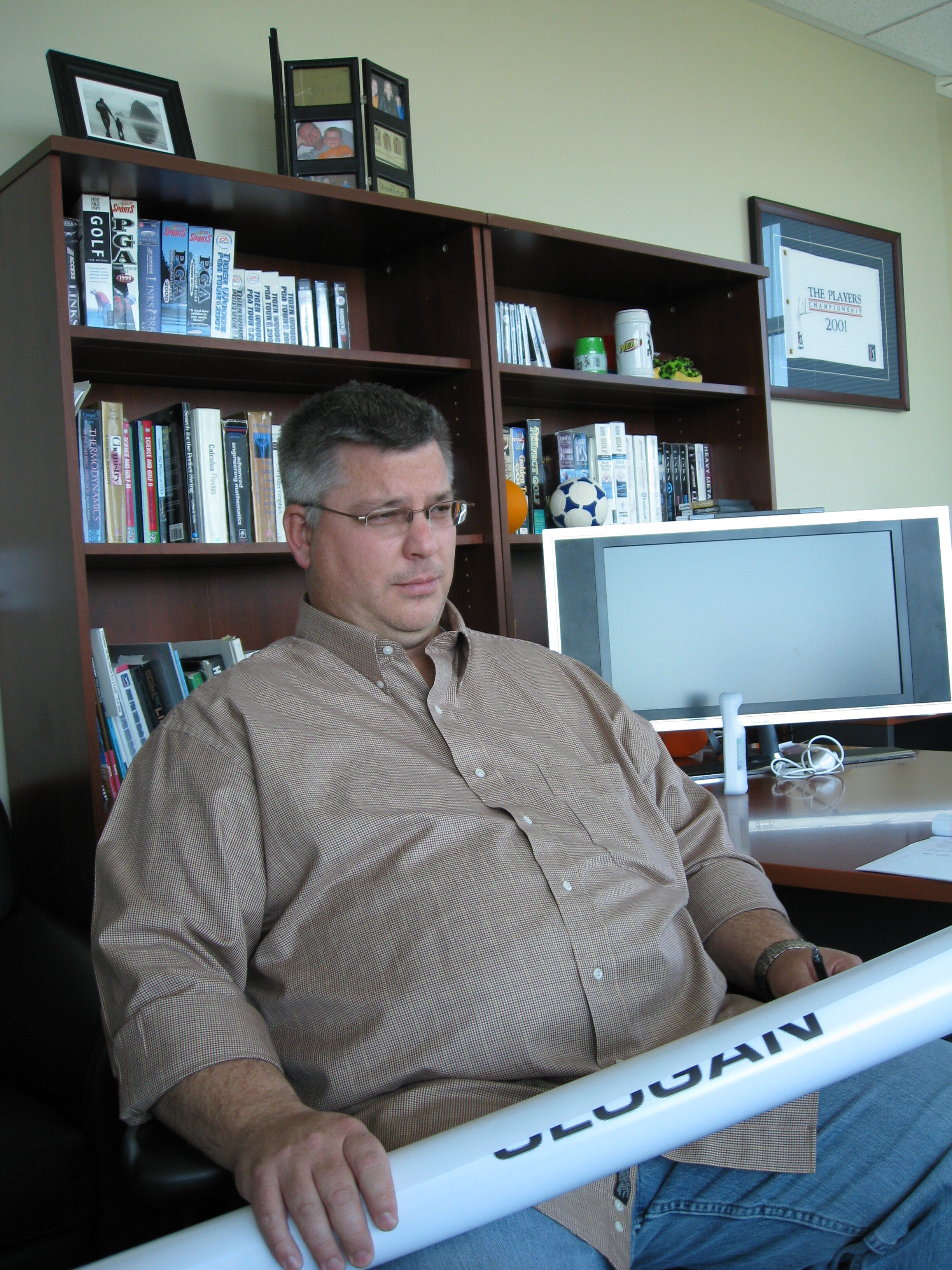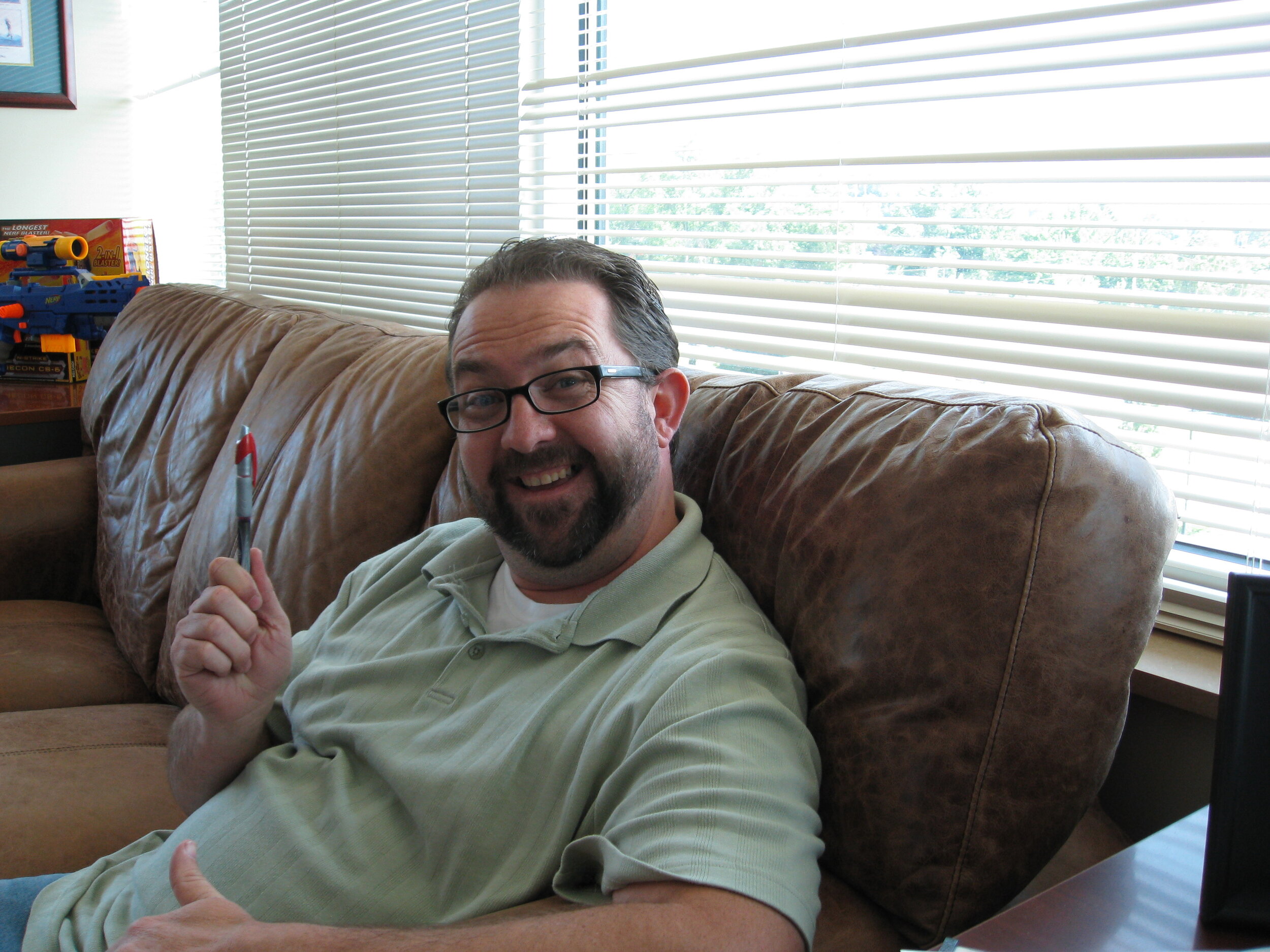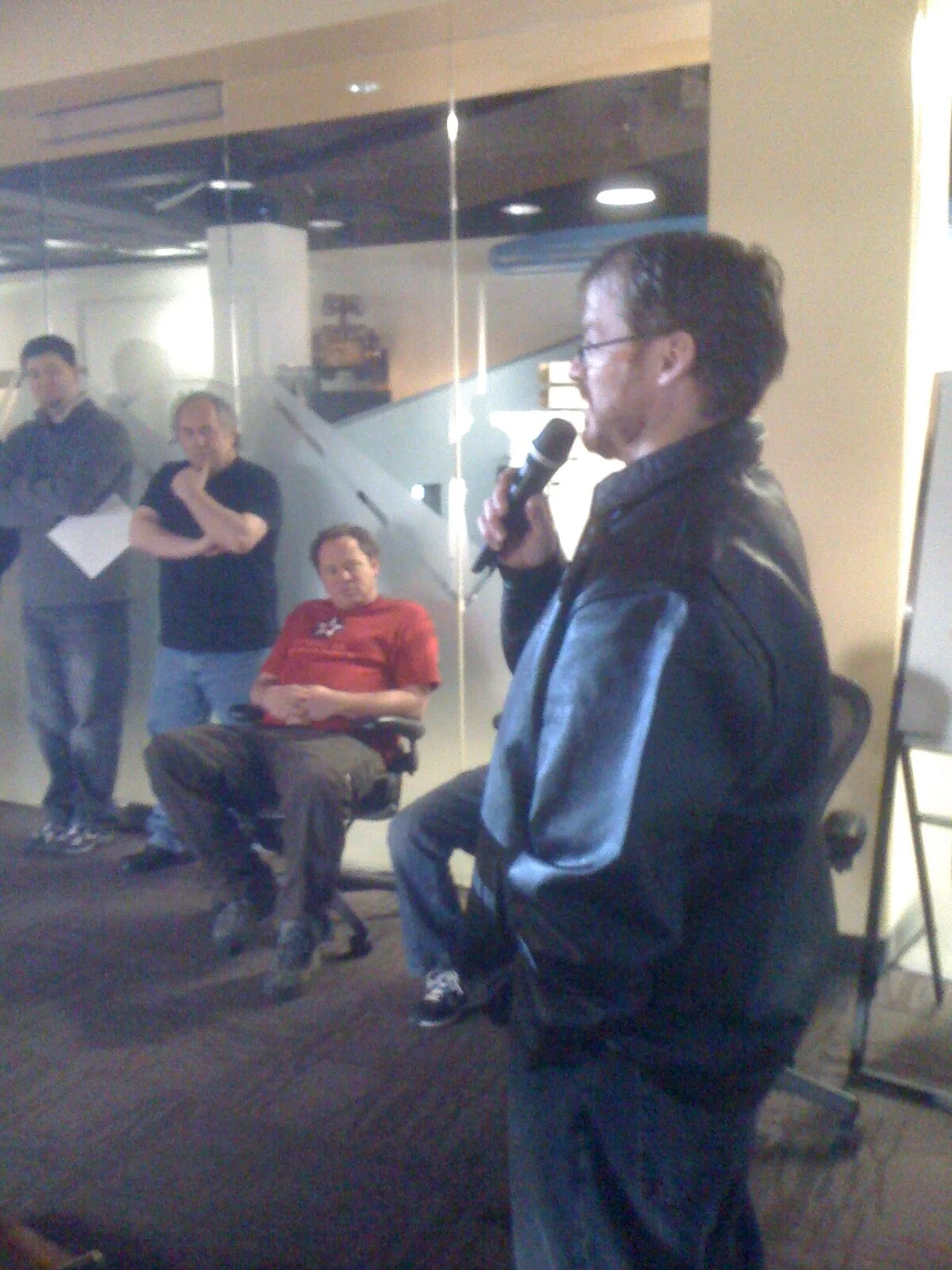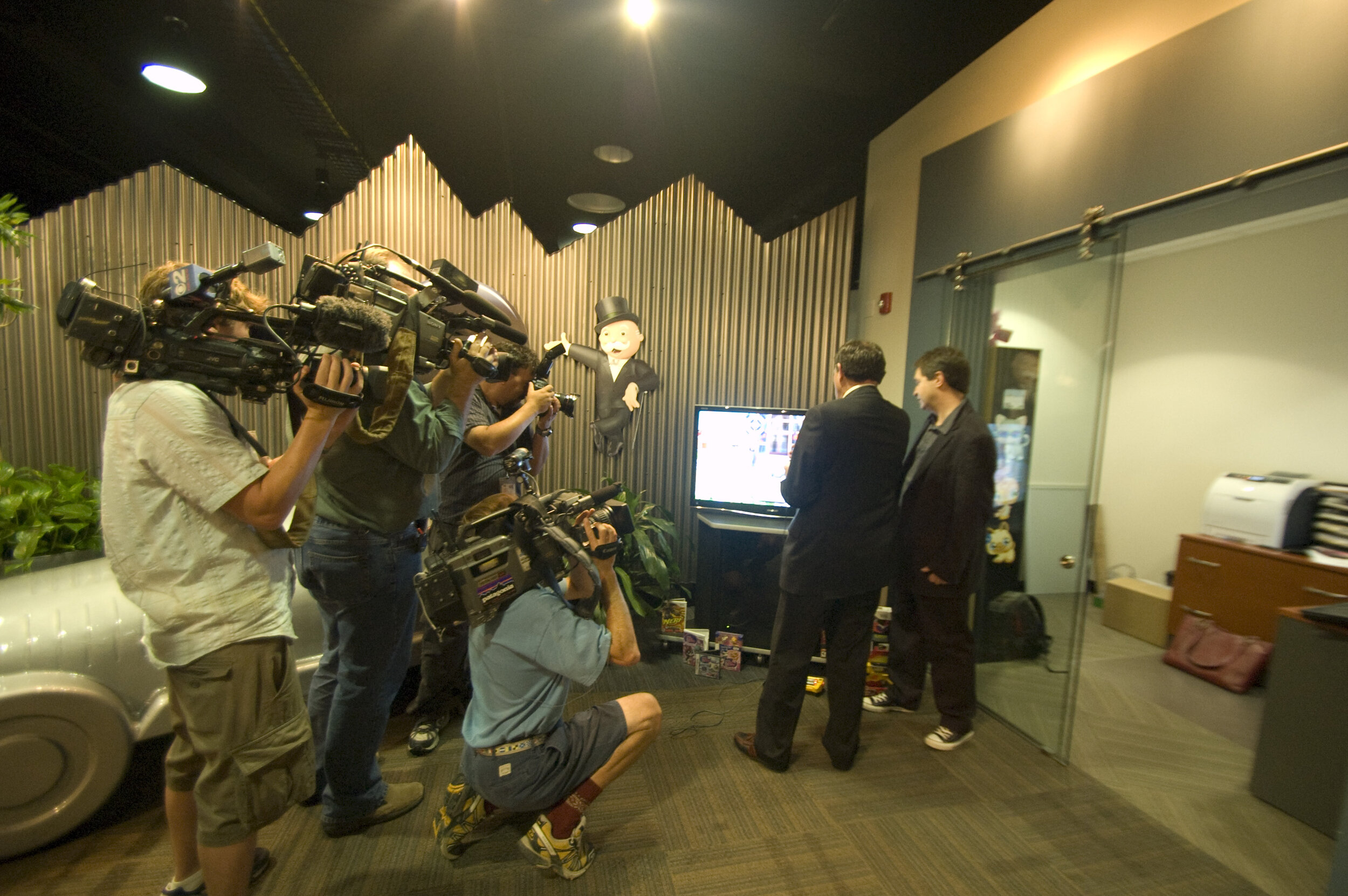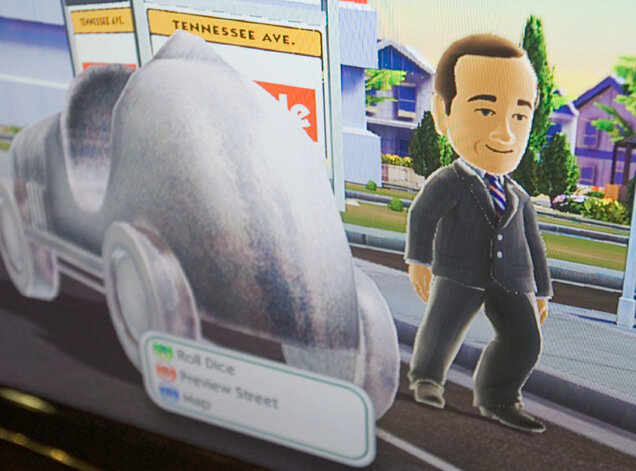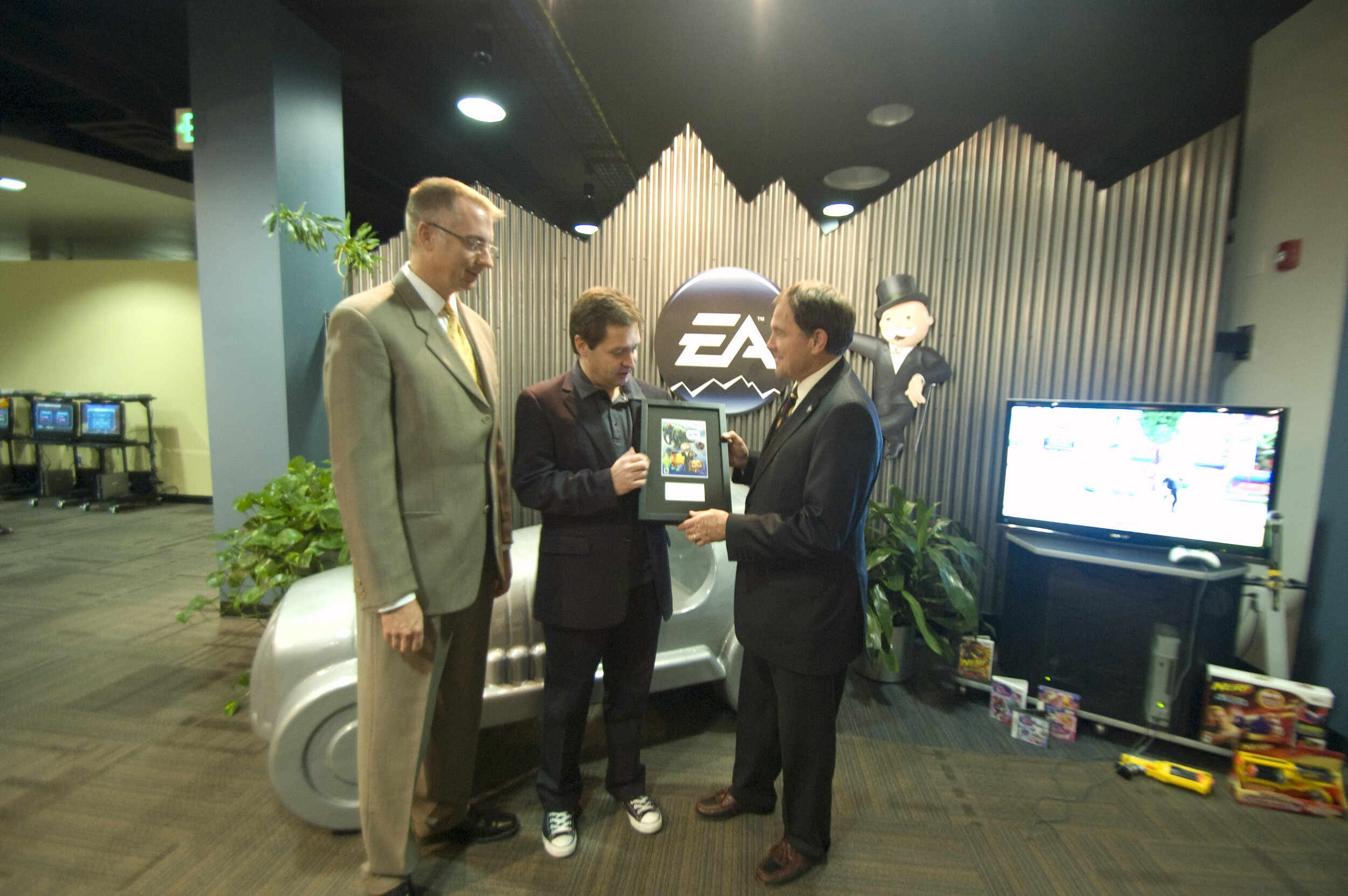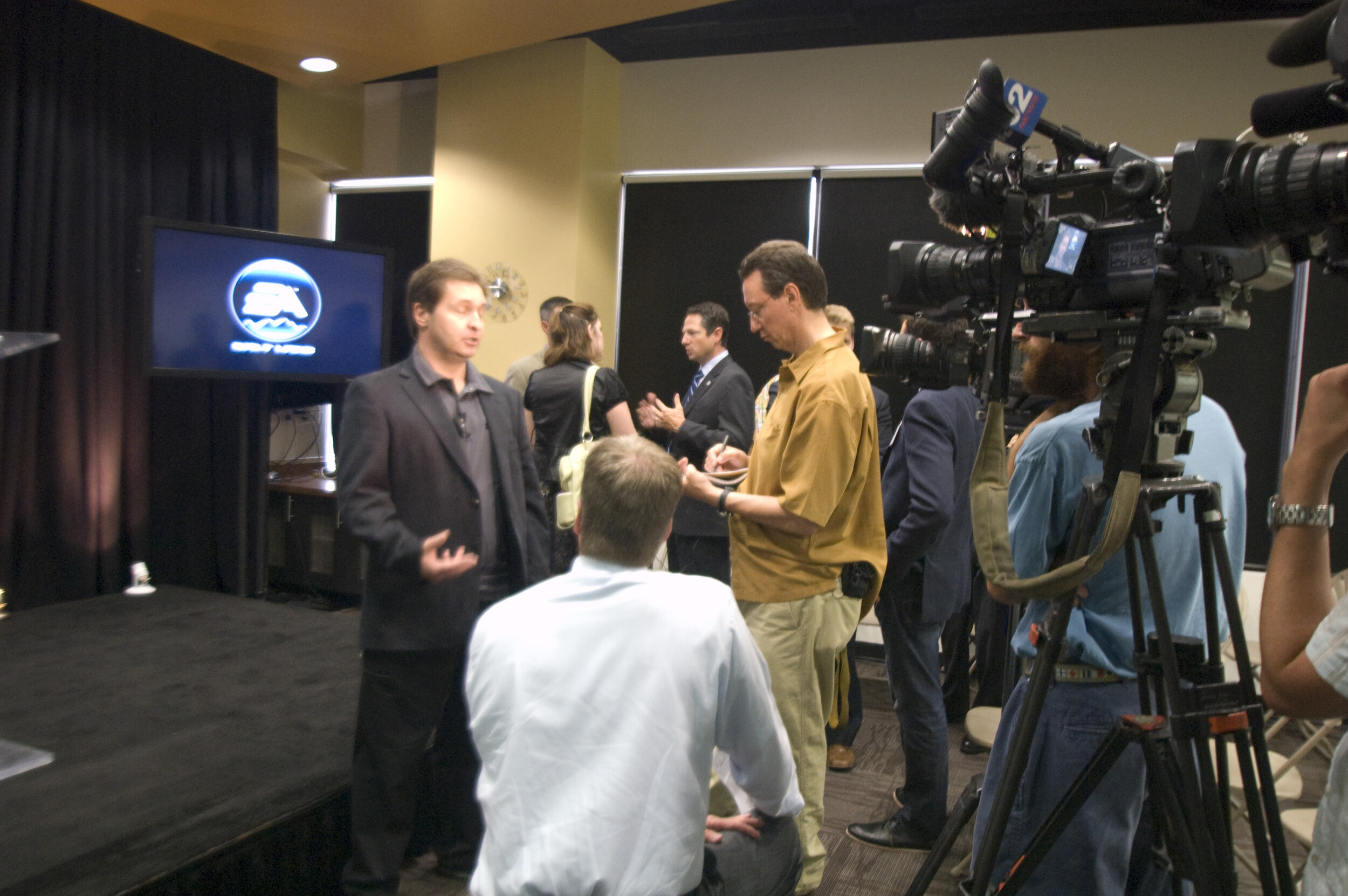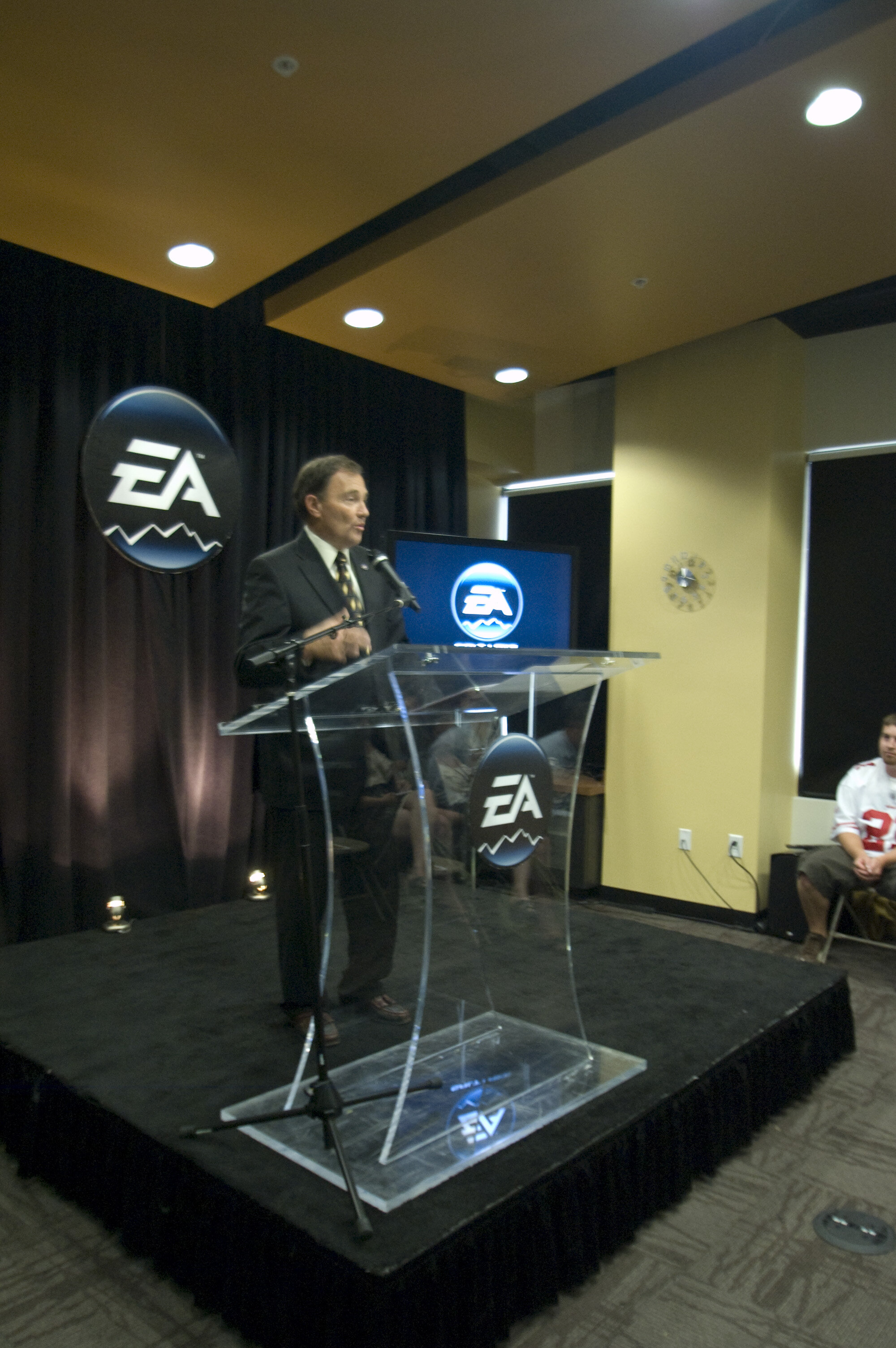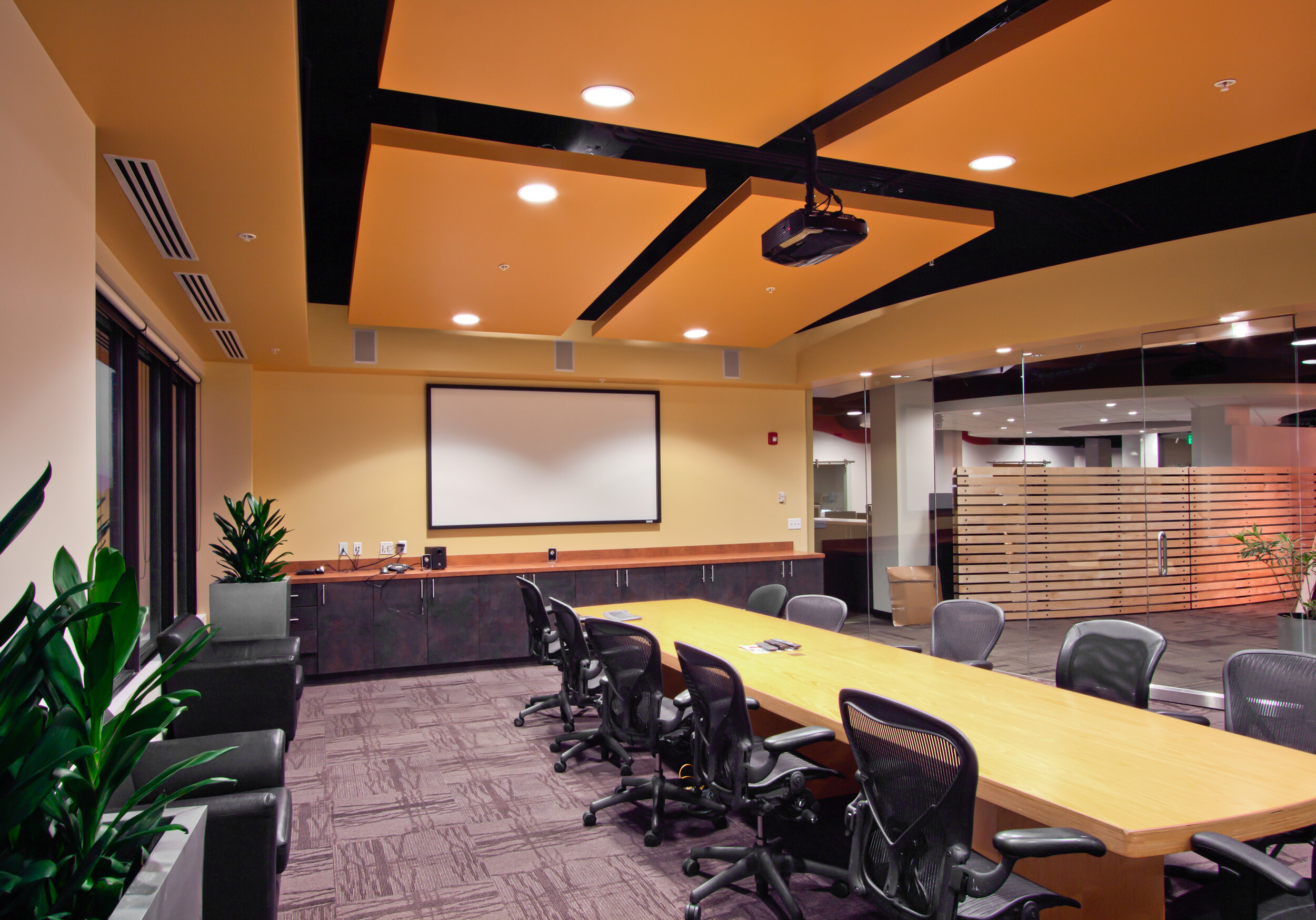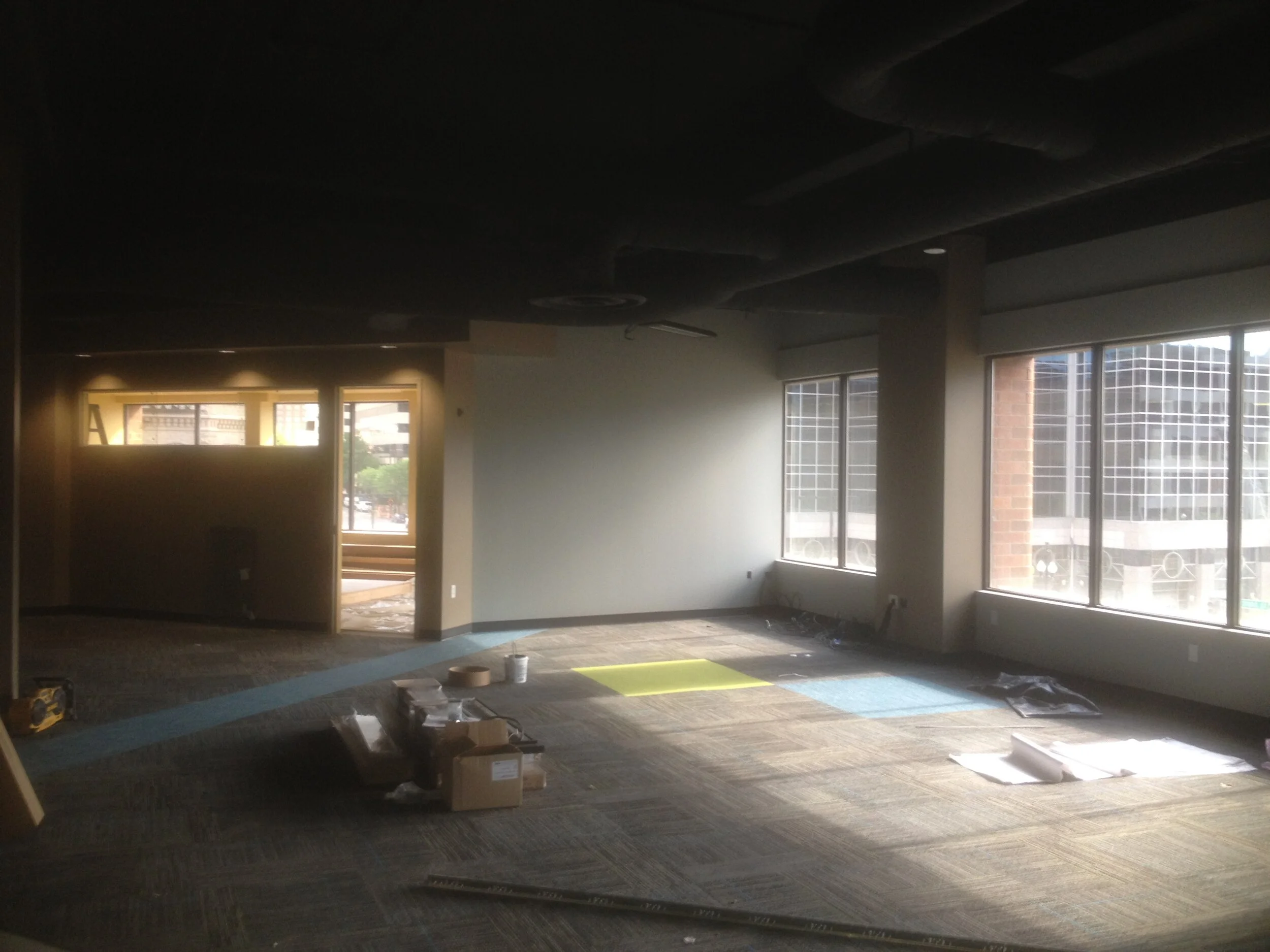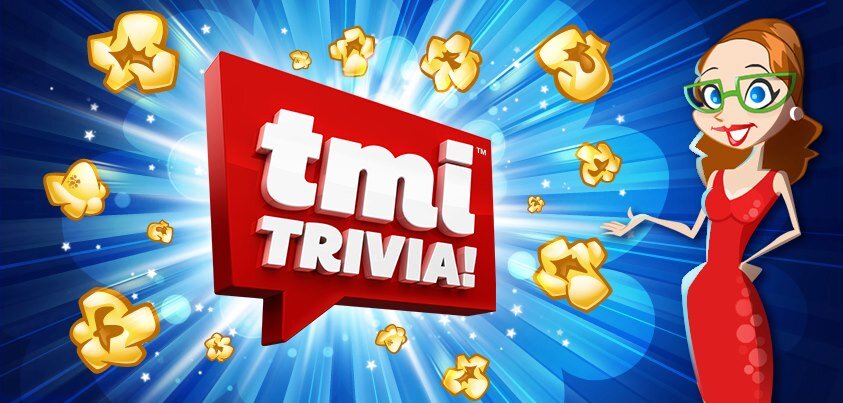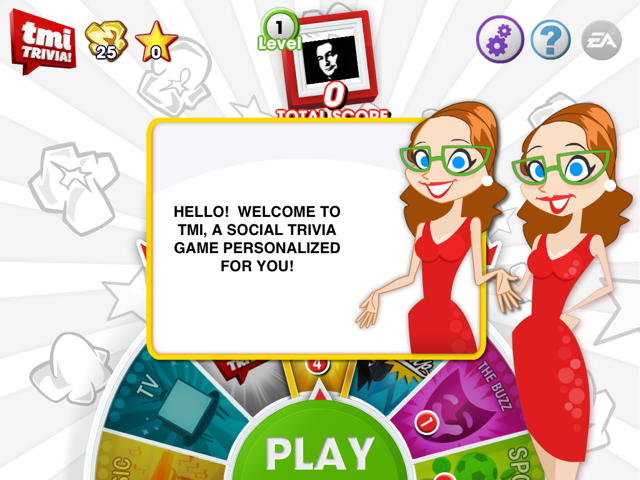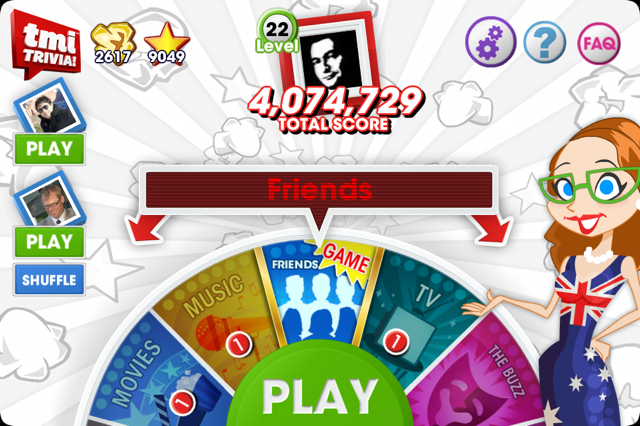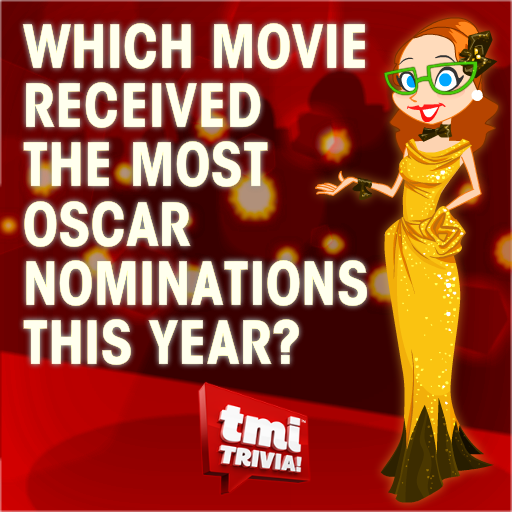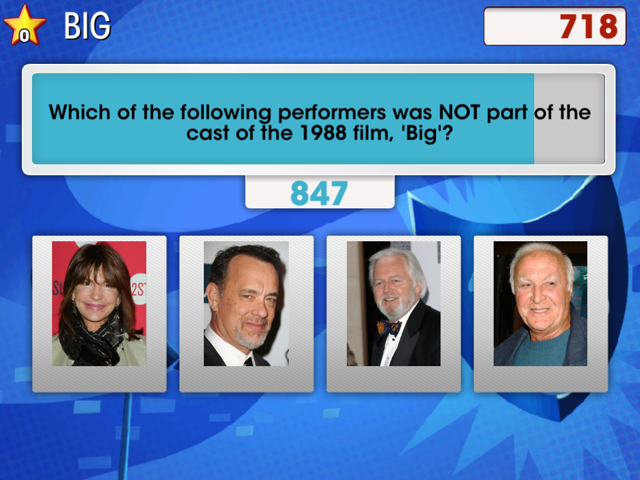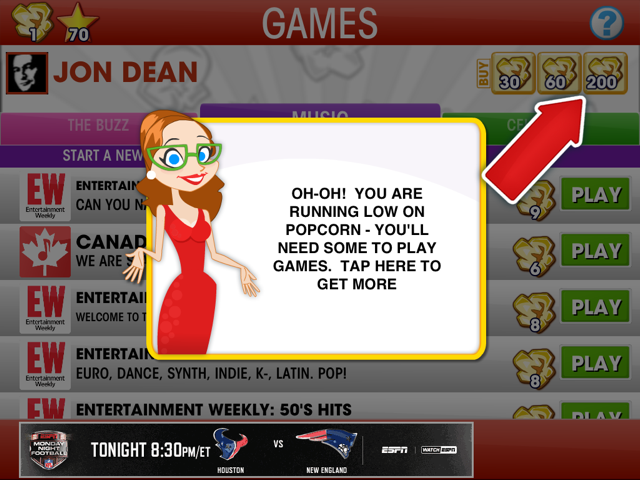Genesis of the Idea
In about 2010, I had been playing a brilliant trivia game on my iPad called Qrank from Ricochet Games, a small indie developer in Austin, Texas. It was the first trivia game I had ever played on mobile where you were in competition with your friends on social media - essentially they had invented trivia with friends. Plus the content was beautifully curated and delivered fresh daily. It was such fun and I believed the opportunities enormous. What if you could use AI to scrape real newspapers and online outlets to create quality, curated questions? What if you could scrape your friends social media to create a truly personalized experience where no two people would ever have the exact same content? Somewhere that fans of specific types of pop culture could play together in competition or collaboratively? Oh! And what if we could dynamically translate the content for any language? Isn’t that the ultimate Trivial Pursuit game?
At the time, EA had the Hasbro relationship and I was thinking this could be the future of Trivial Pursuit. It was hard to convince either EA or Hasbro that this was a good idea, but I got a small budget and was able to start work. So I reached out to Ricochet Labs, got to know the creators Rodney Gibbs and Michael Baird, and we began to build Trivial Pursuit Online, using Qrank as the starting point. Ricochet continued to publish Qrank and it was important to both sides that we kept the two separate in as many ways as we could. Well, the project started falling behind schedule, the powers that be at EA liked the innovation but weren’t sold on trivia as a mobile category, and at the worst possible time, Ricochet called to say they were going out of business.
A Trivial Pursuit No More
Hasbro weren’t overly excited about TP Online when we lost Ricochet and EA also lost confidence in the project, and so this troubled project faced a death blow. I had been reaching out to many major media companies about partnering with us on the project and had several really interested parties, with brands on the hook including People magazine, Variety, Time and Billboard. It was the strength of these that allowed us to live another day, and EA gave me one more chance to pitch our own brand trivia game, which became TMi Trivia. I was able to convince EA that we should keep the project going using a really small internal team at EA Salt Lake. And so we did.
Maebe We Can
The small EA Salt Lake team included the wonderful Ron Jensen. I told him we needed a character to act like a game show host, the idea was that she could change every day to reflect some aspect of that day’s news — the example I always gave was Miley Cirus twerking at the MTV Music Awards, which had been a big news event recently - so our character the very next day would have been twerking! No commentary, it’s just what she would do and you, the player, would get it. Ron came up with a quirky cartoon lady that I christened Maebe (the name inspired by the character Maeby from Arrested Development) - as ‘maybe’ is the only answer you can’t give in a trivia game. Ron is a genius and had fun creating hundreds of variants for Maebe, which really gave the game heart.
Rich Reagan, brilliant Producer, came up with many new ideas and some brilliant content curation. Farrell Edwards, Technical Lead, oversaw some remarkable technical hurdles, not least EA’s own troubled online services that had to be integrated.
Gibbs Rainock (now at Hasbro) was also on the team, and he created many different UI variants for us as we tried to build the game. EA didn’t like this, they didn’t like that and time and again we ducked and weaved and kept the game alive, recreating the look at every turn.
Trivia No More
It was exciting - and also very depressing, nit just for me but also the team that worked so hard and put their passion and energies into making something special. The constant changes; we’re on - we’re off. When the game was finally axed - after it had been announced by the company - I was about done at EA. But it remains one of my favorite games and teams to have worked with.
Credits
I don’t recall everyone that was part of this team throughout its development, but this really was a fun group to work with, super productive and passionate despite so many ups and downs I miss them! So, here is who I can remember… if I missed you, please ping me and I will add you!
EA
Anthony Cummings, Engineer
Mallory Day-Schilder, Marketing
Jon Dean, GM / EP
Farrell Edwards, Tech Lead
Ron Jensen, Genius artist who created Maebe
Lisa Leyba, Ace marketing supremo
Tim May, Engineer
Matt Peterson, Art Director
Rich Reagan, Producer/Creative Director
Jeff Shieh, Long suffering legal counsel
Ortsbo (3rd Party who were working on dynamic localization tech)
Patrick Bultema
Mance Harmon
Ricochet Labs (Original developers when it was Trivial Pursuit Live)
Michael Baird
Rodney Gibbs
